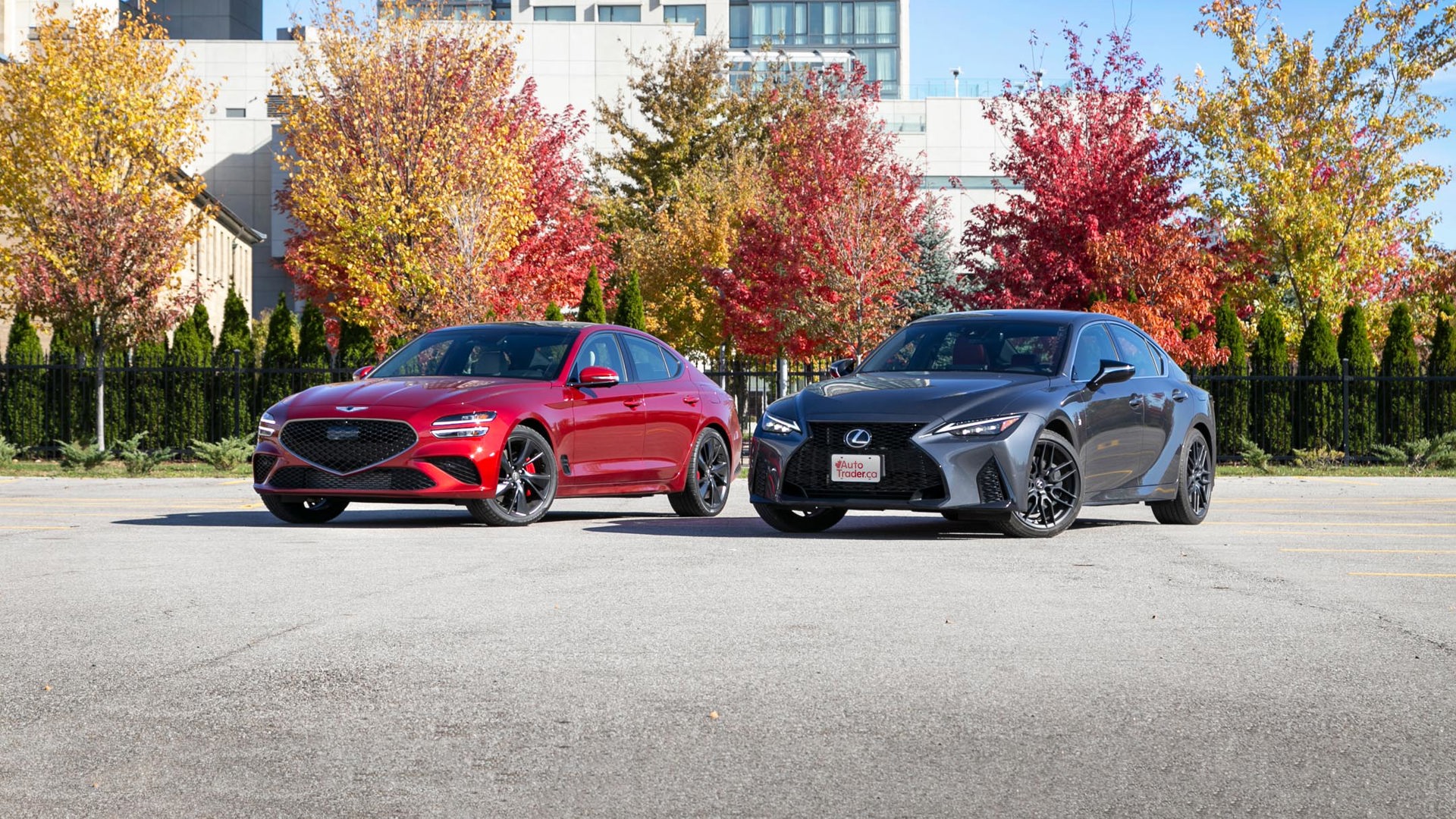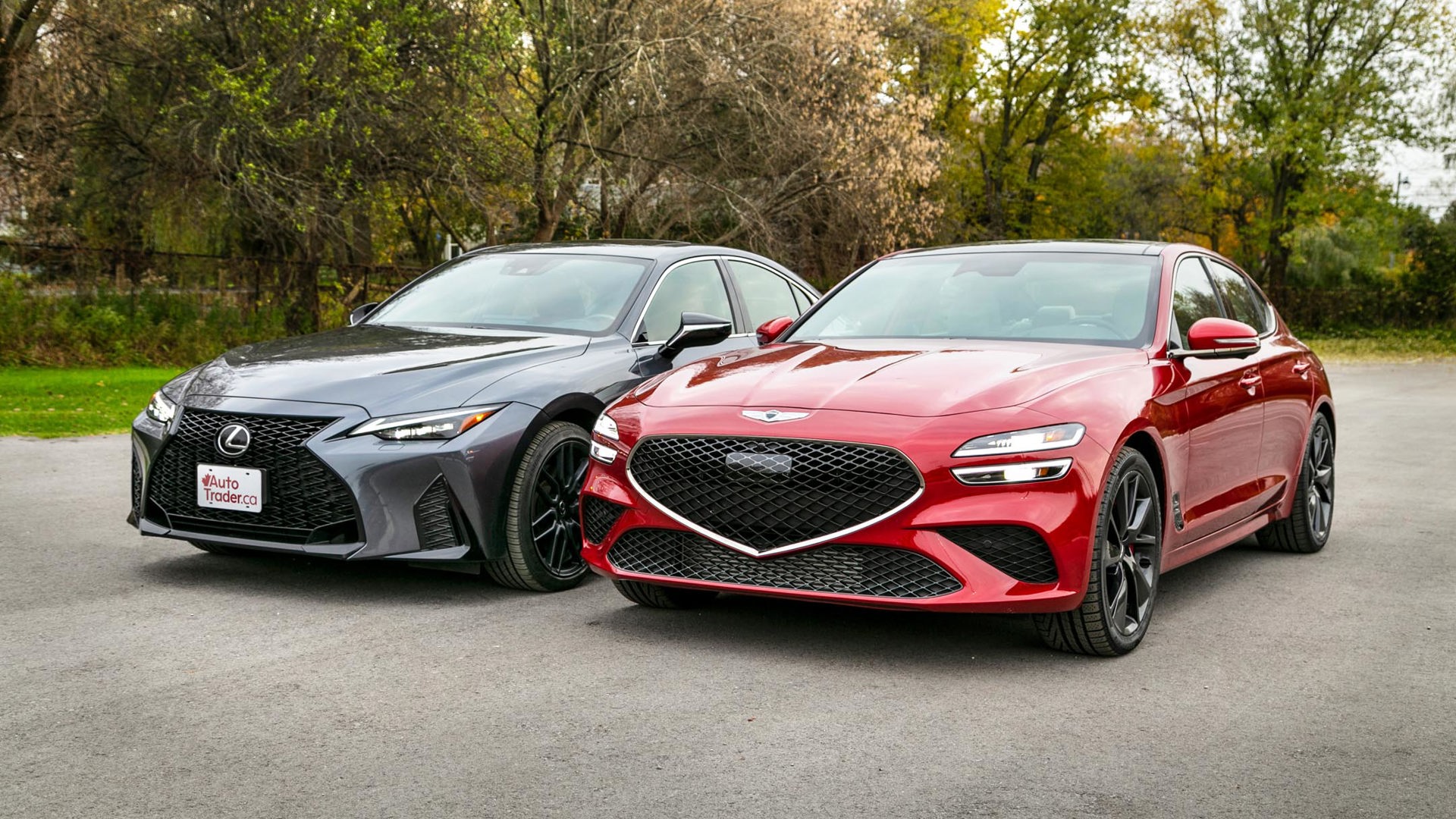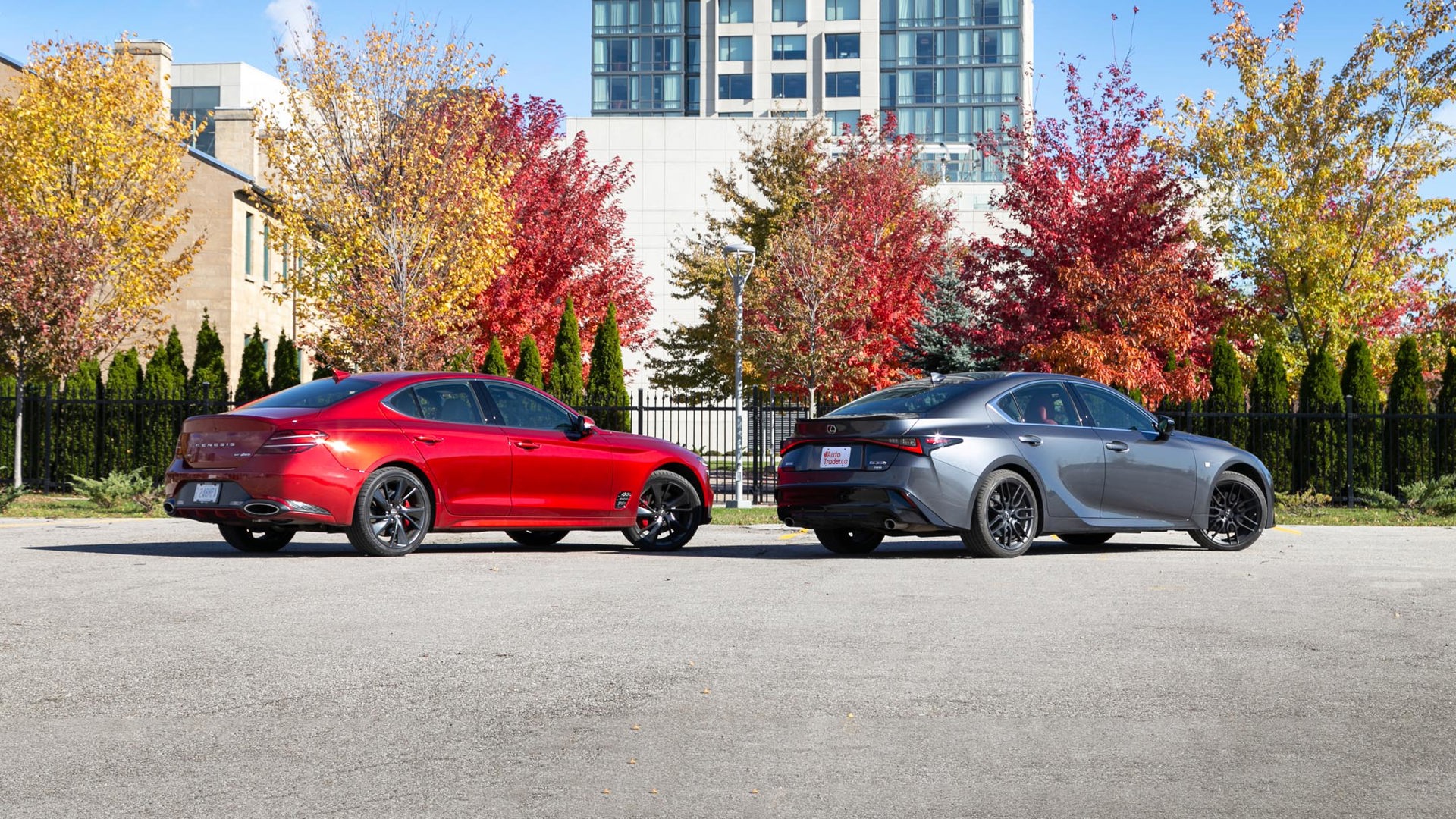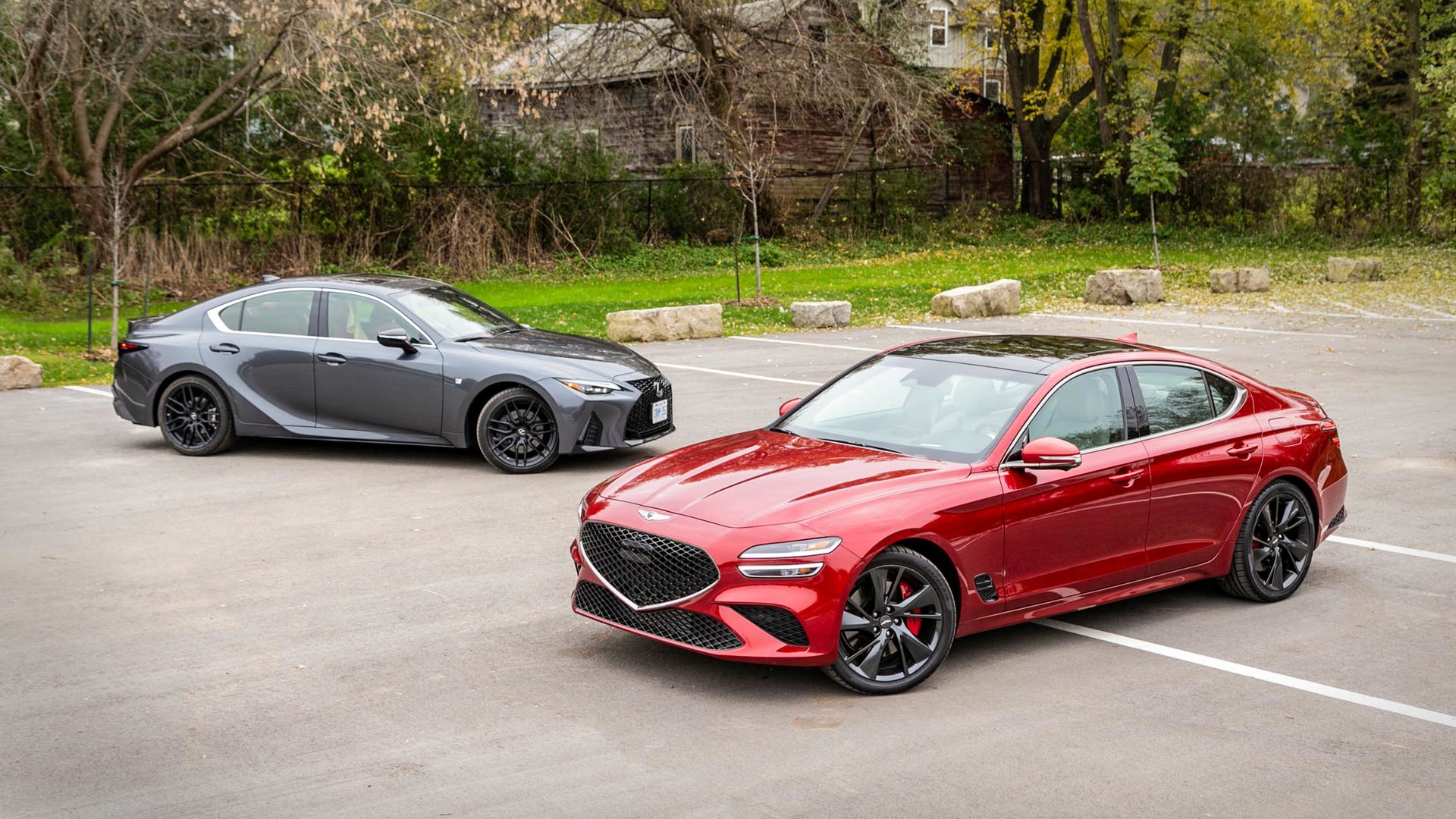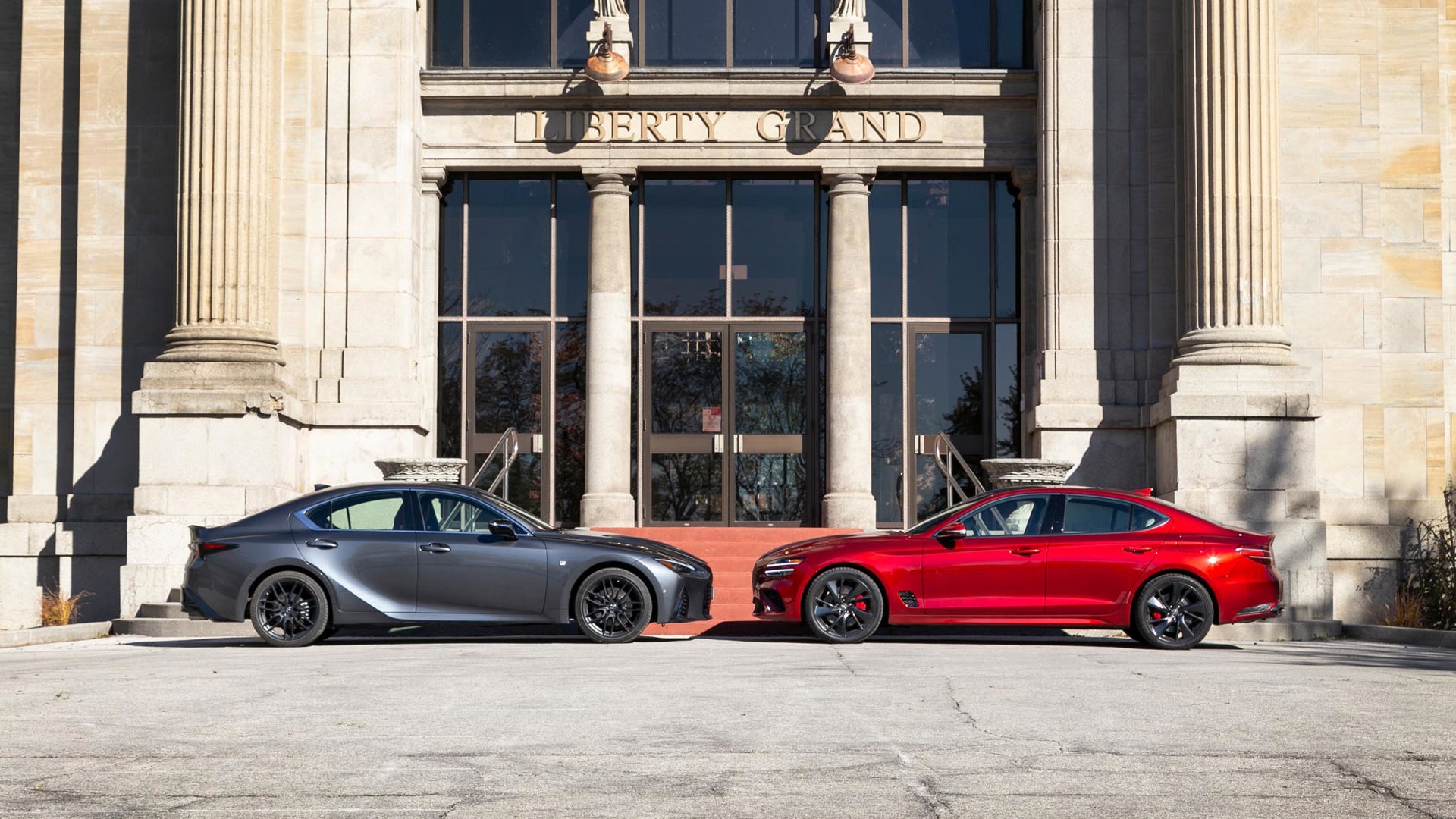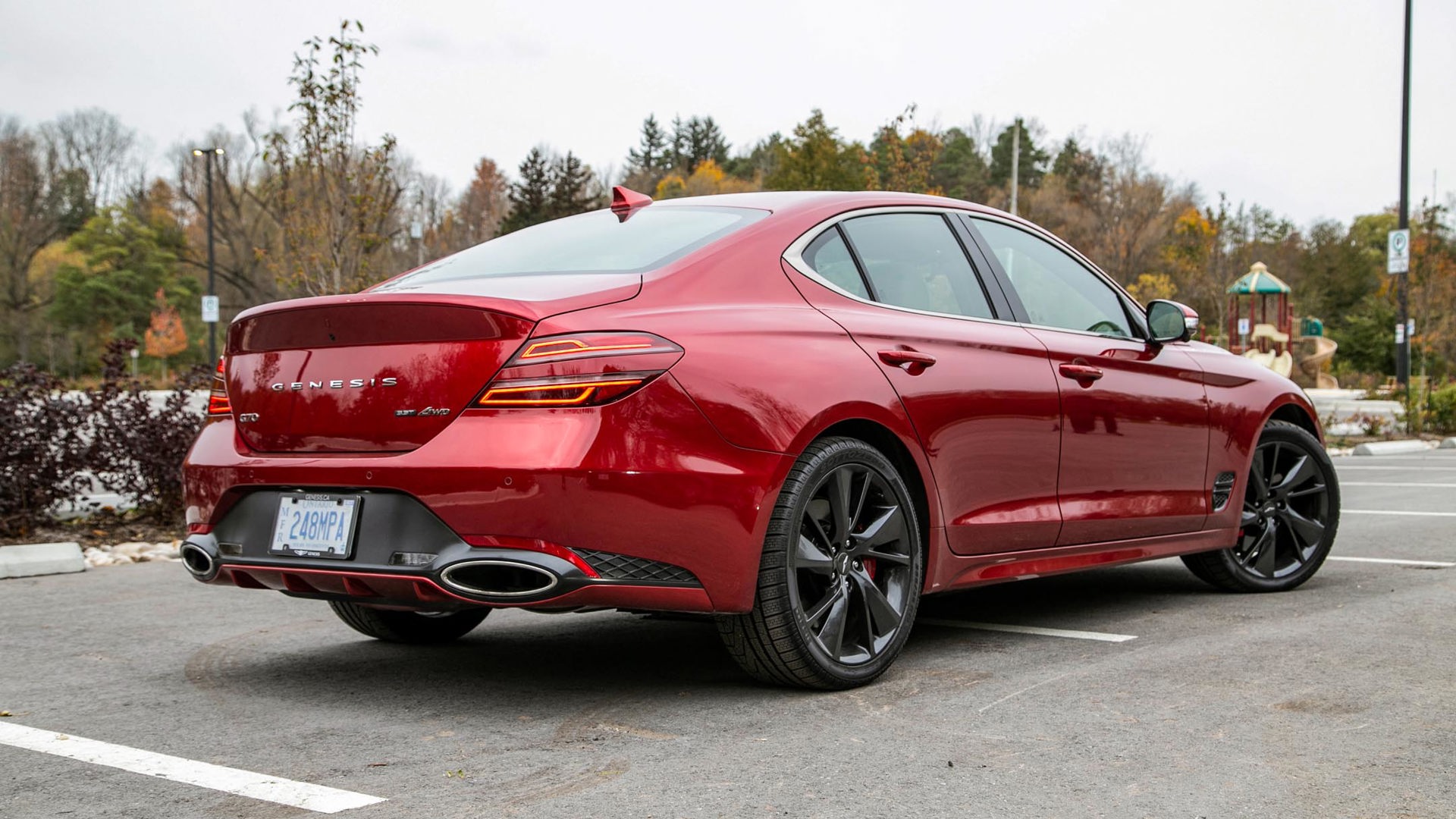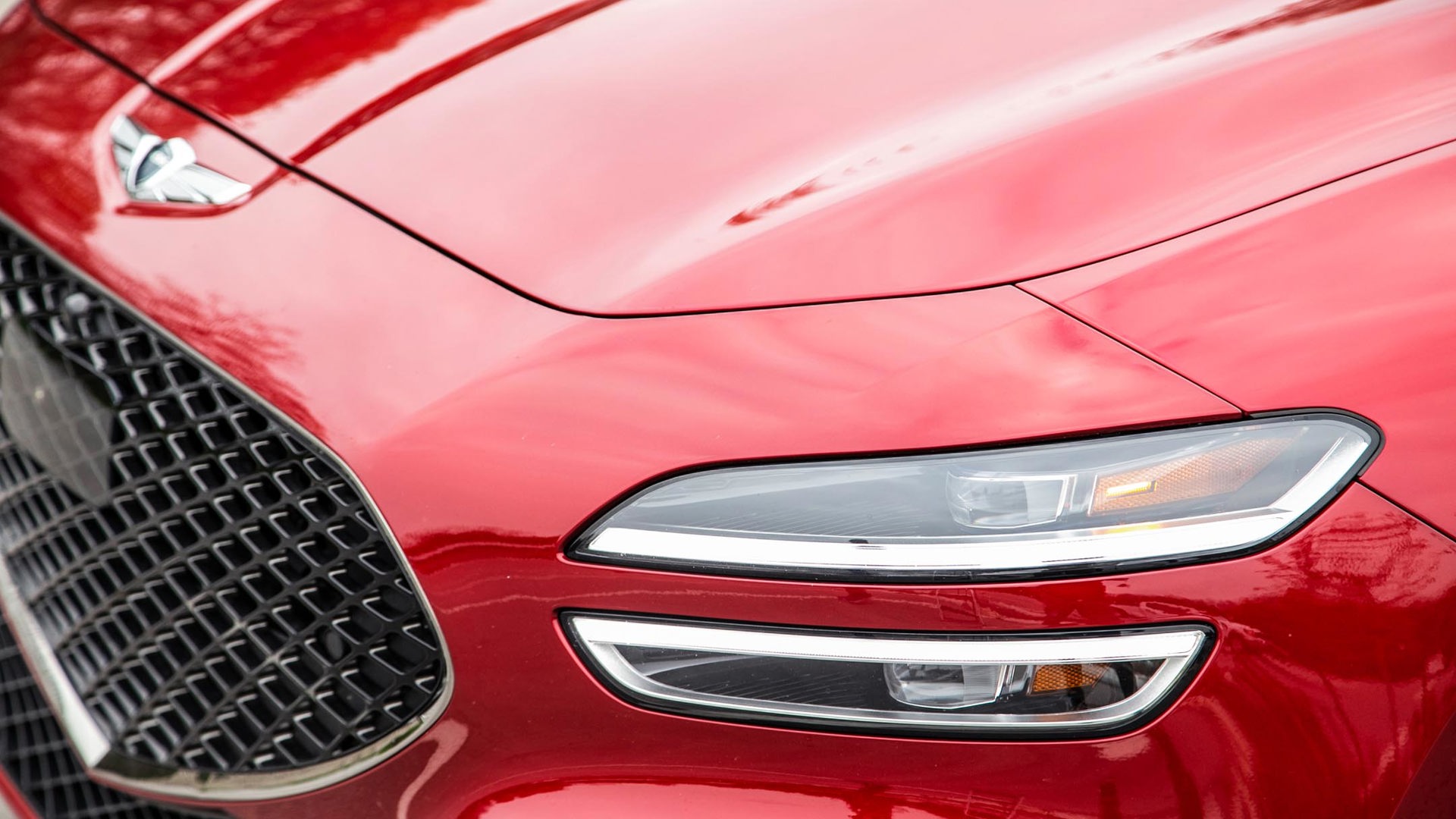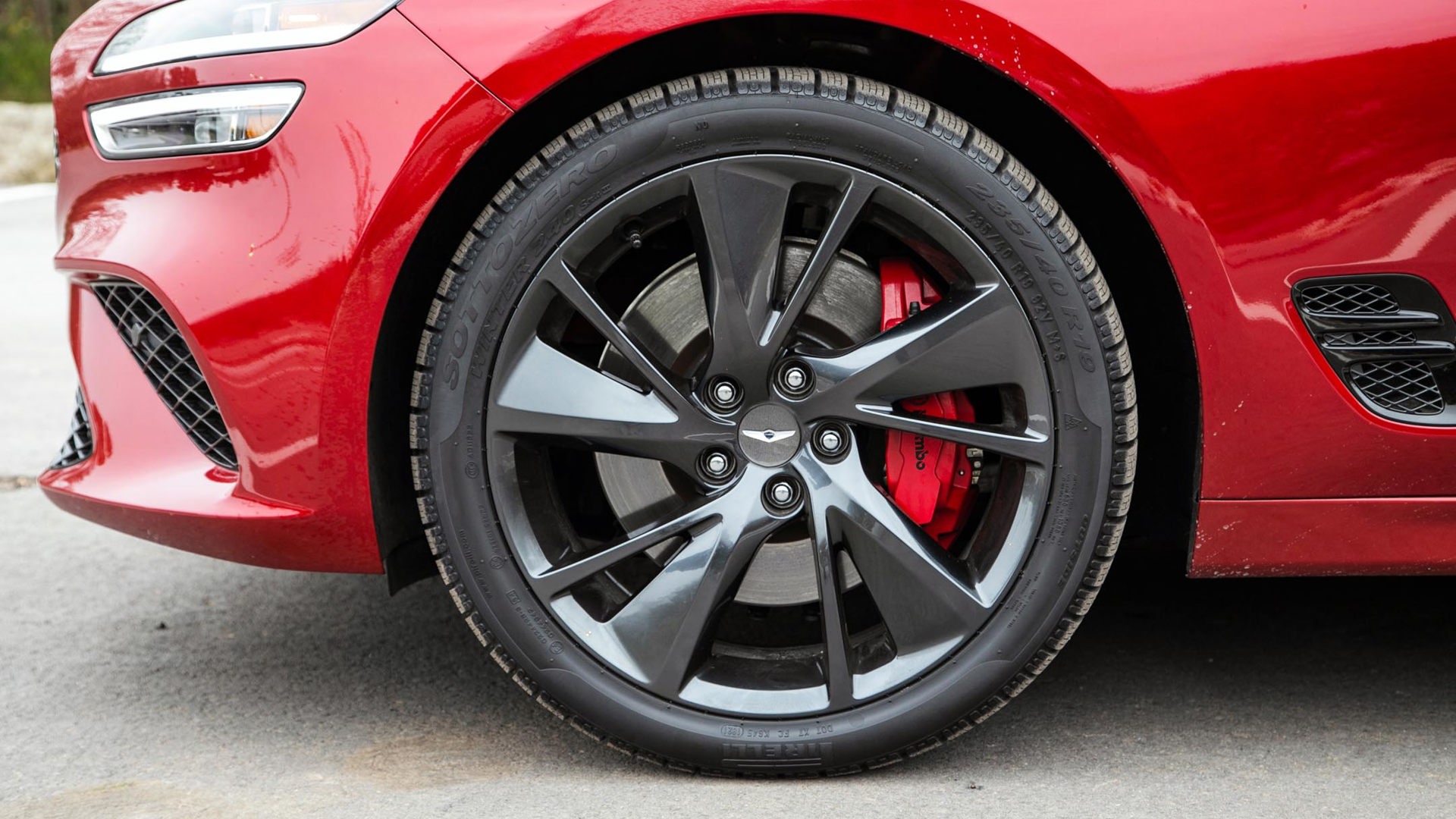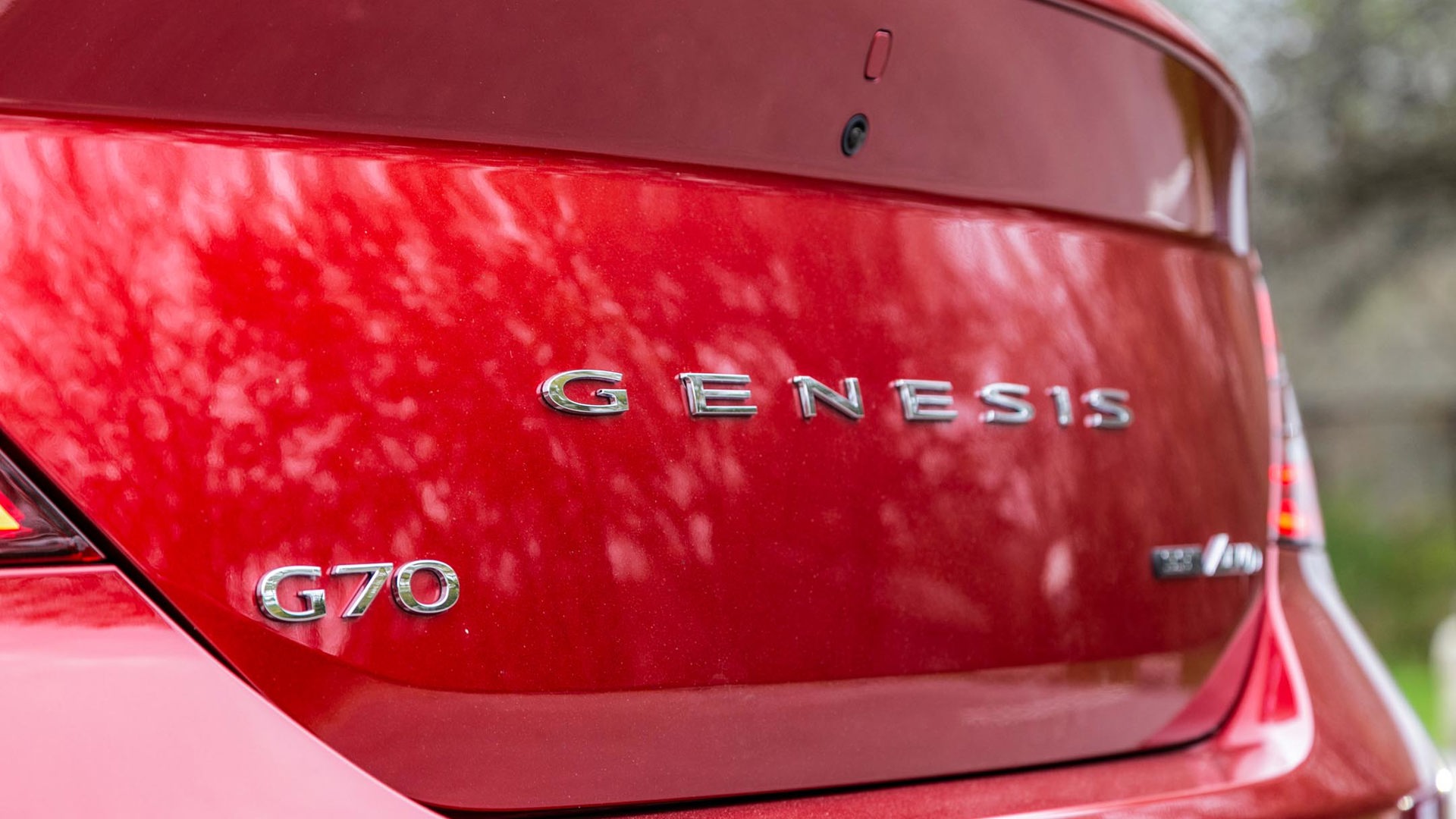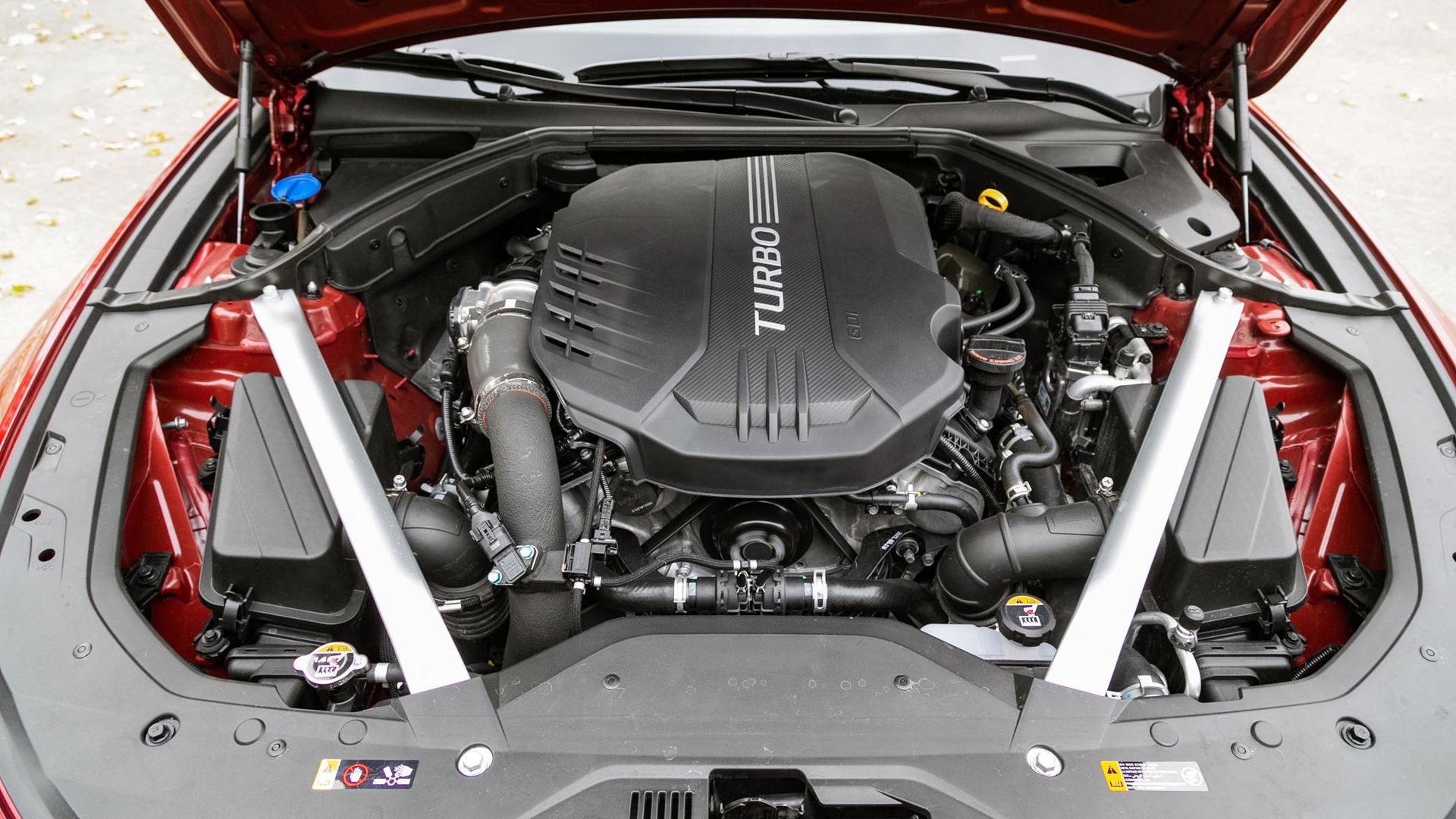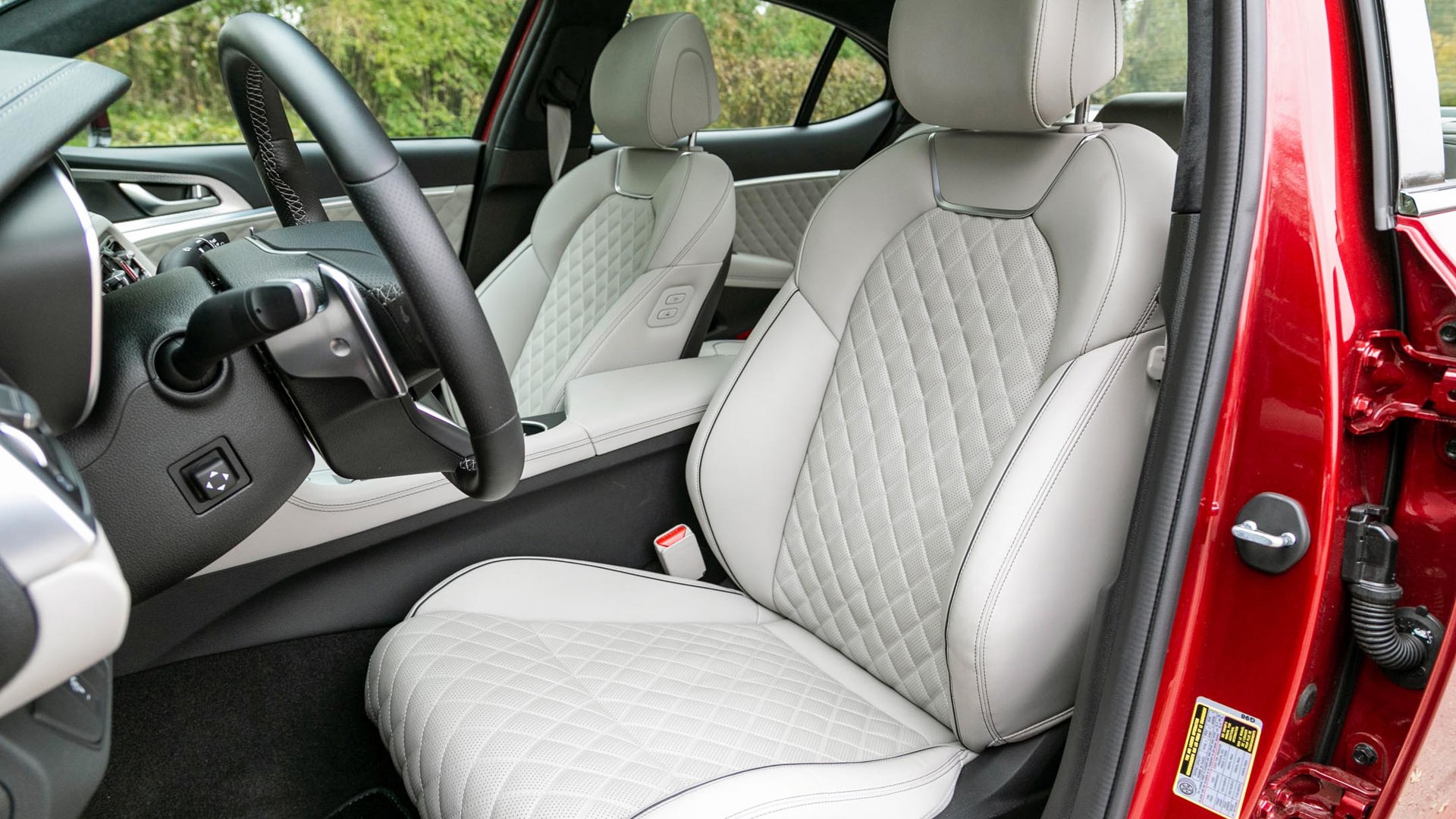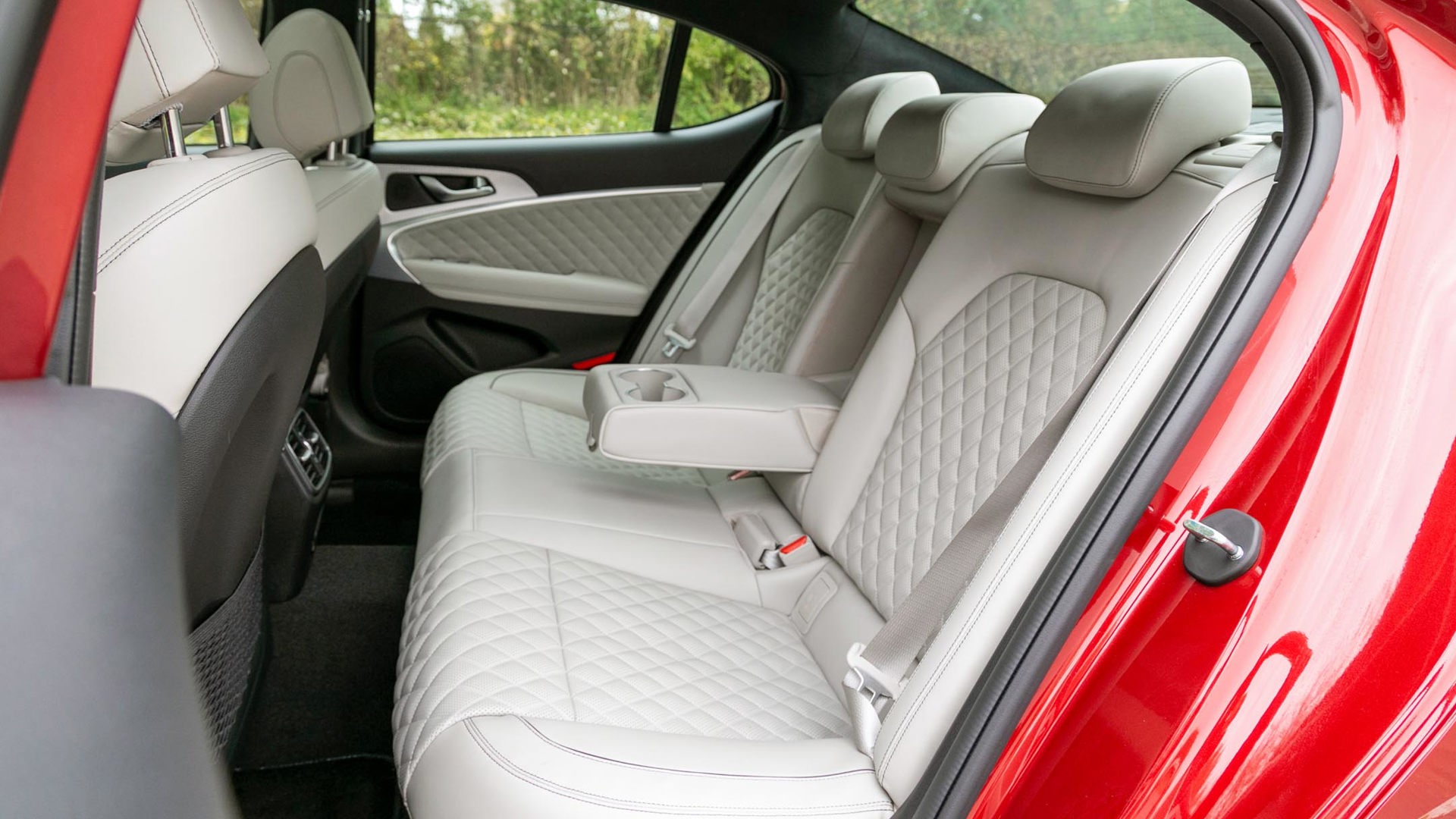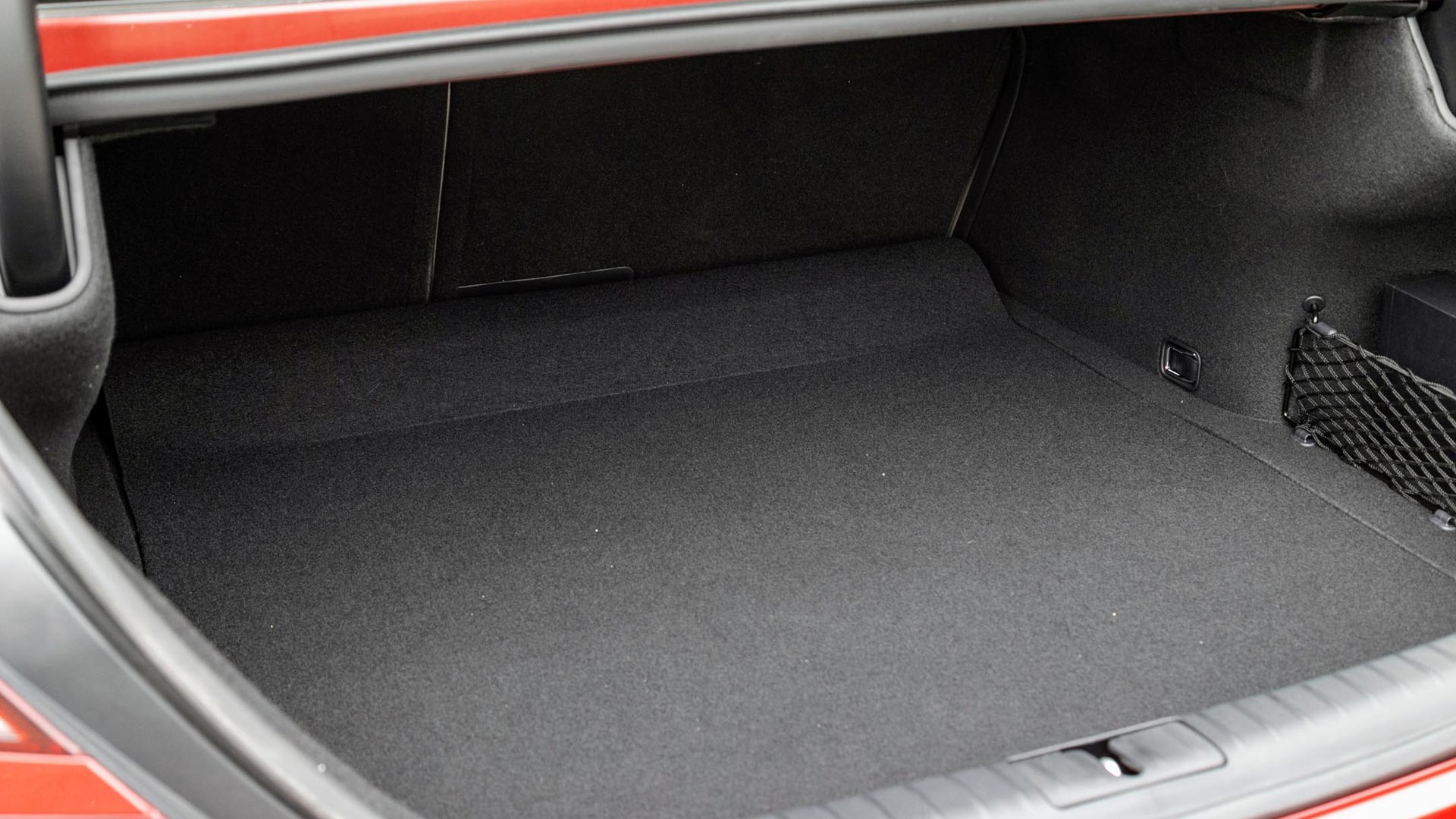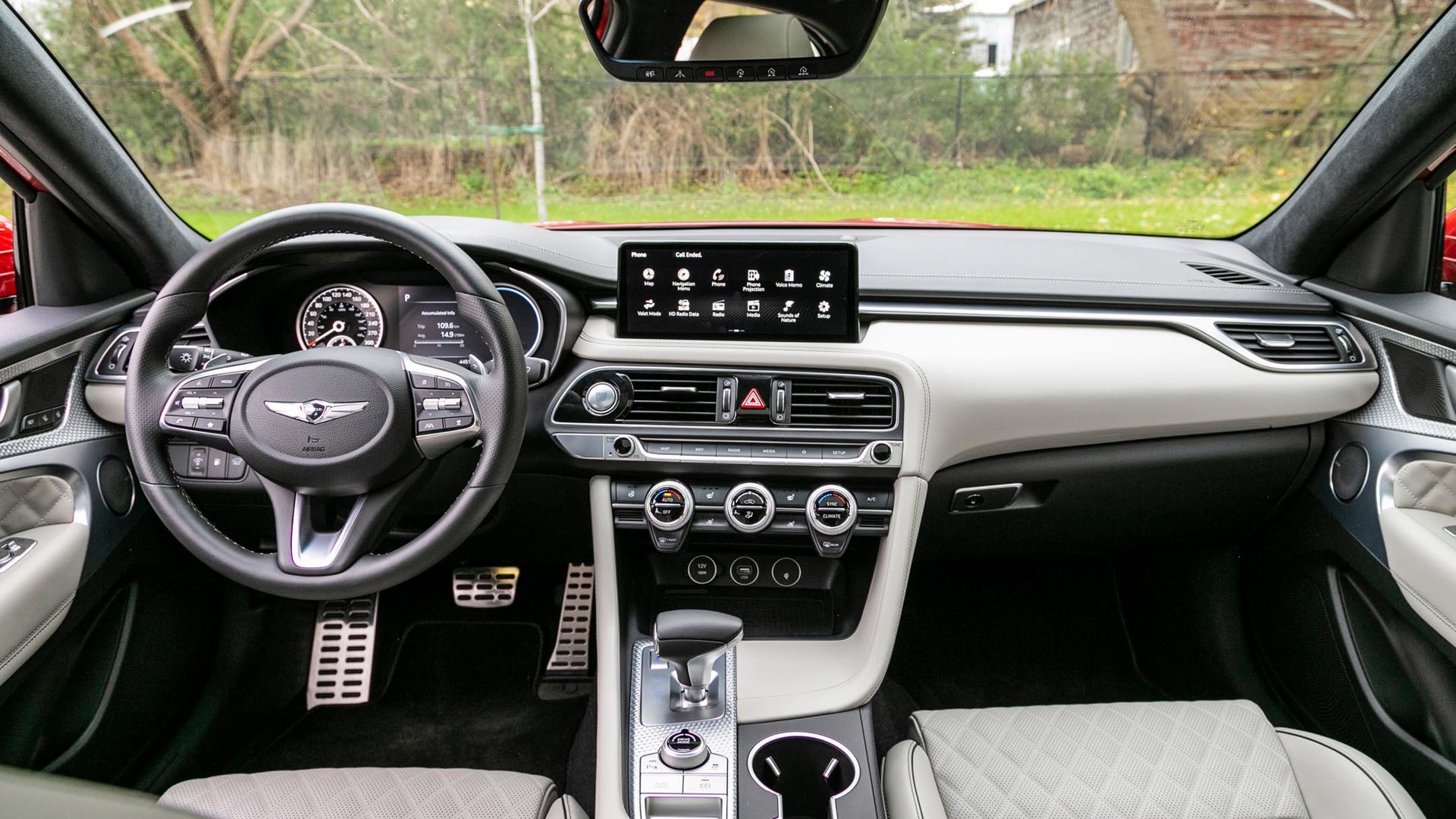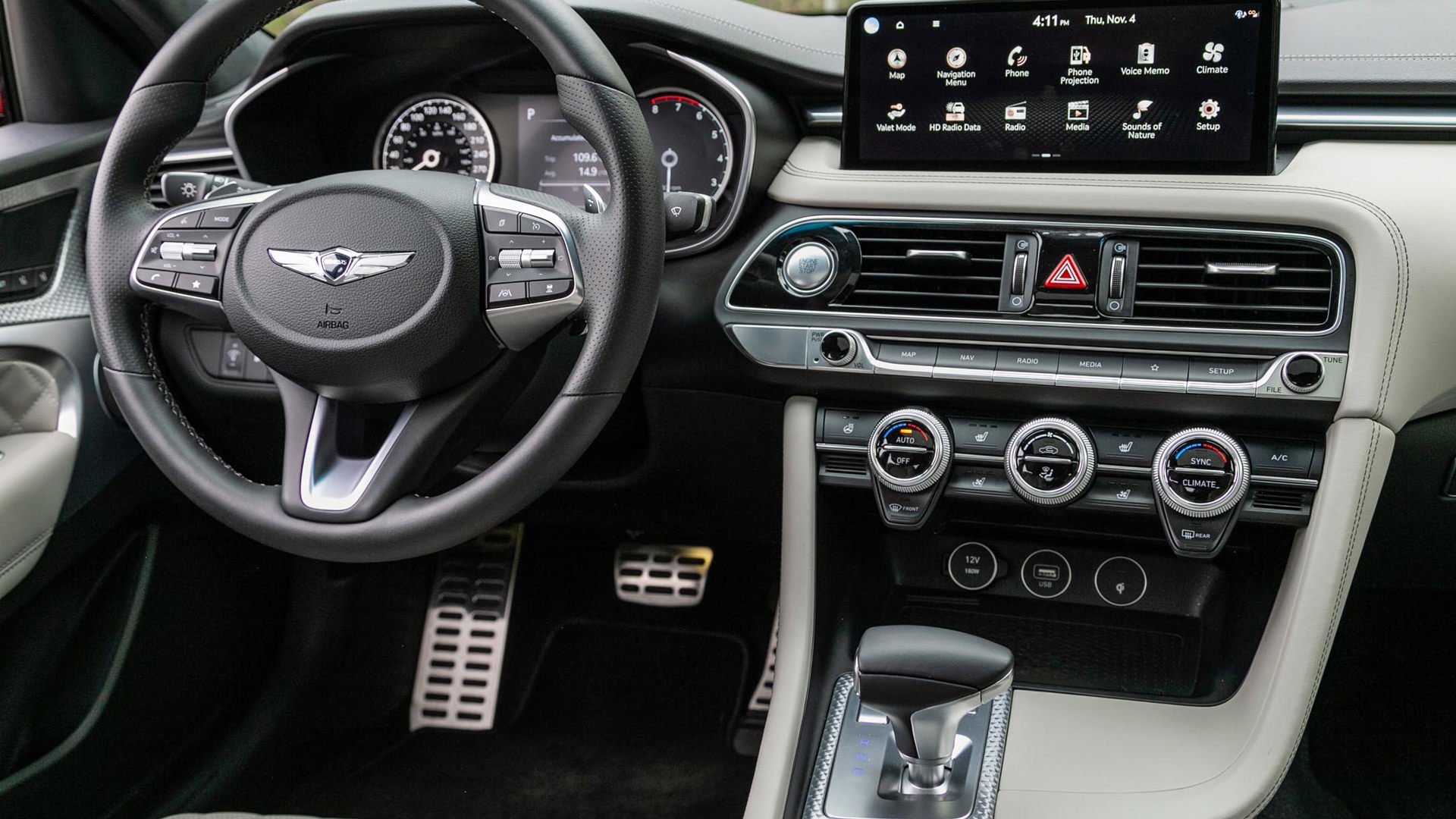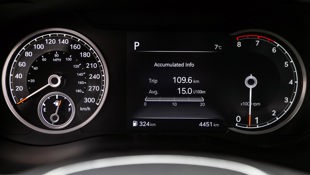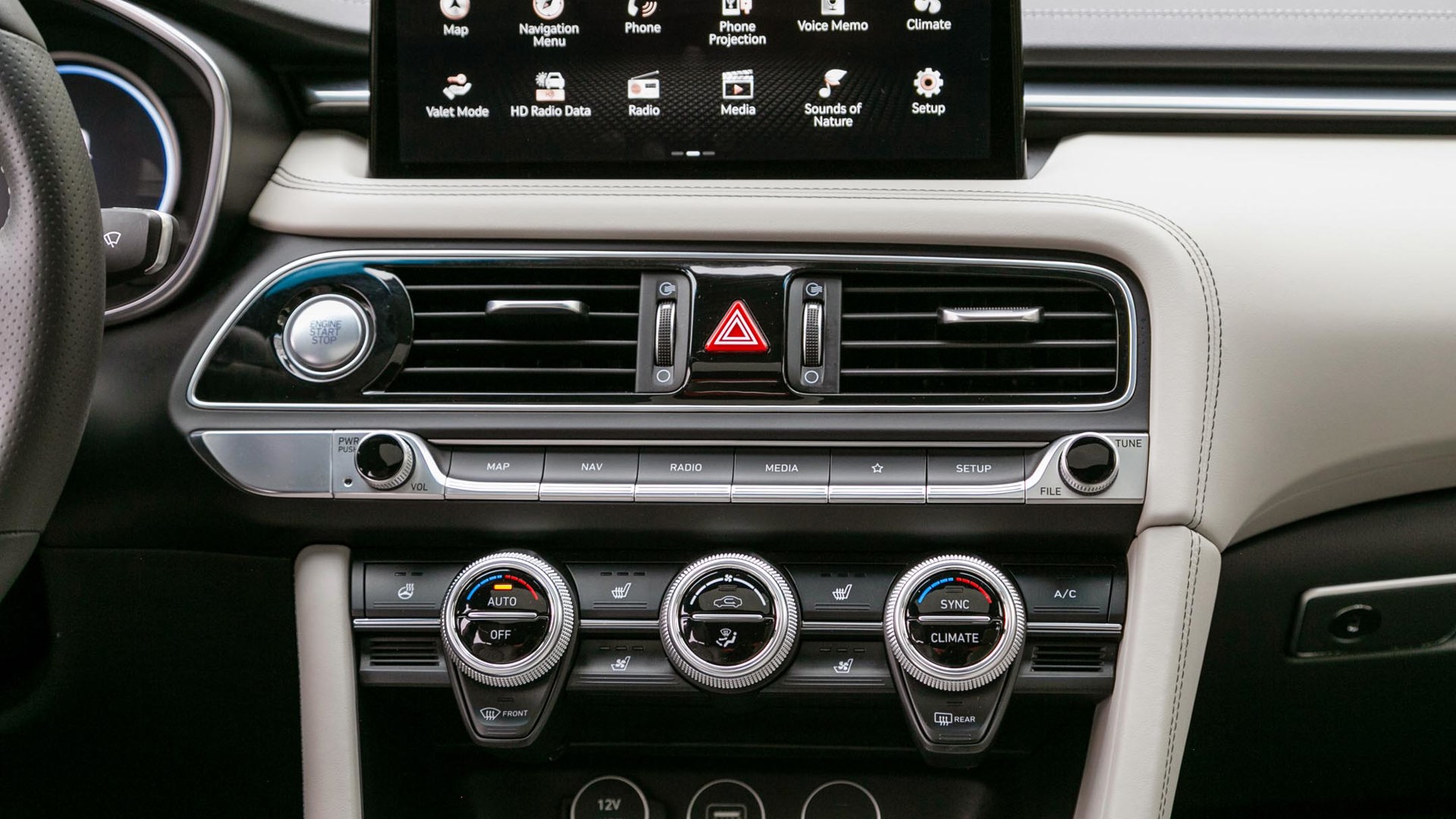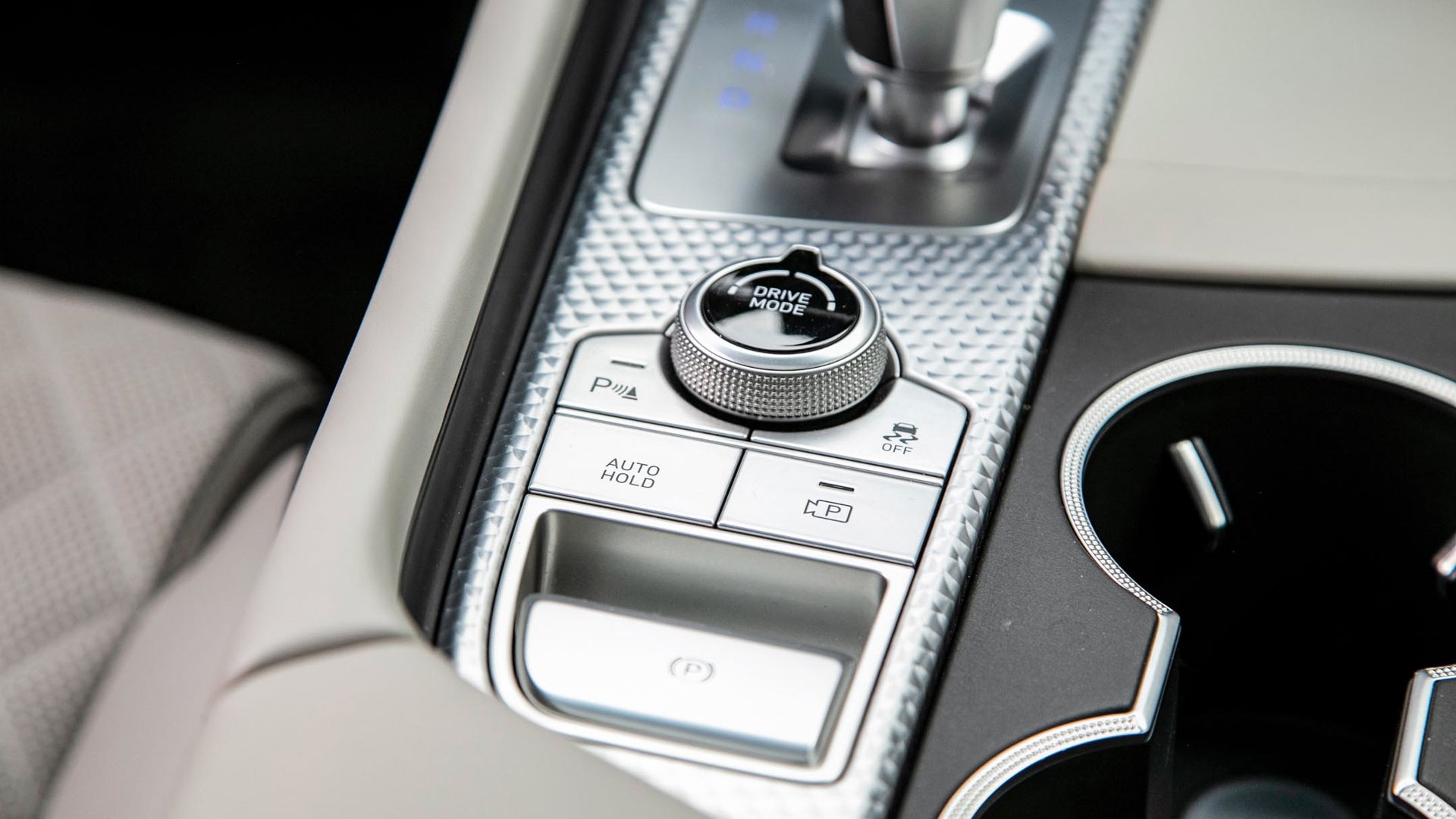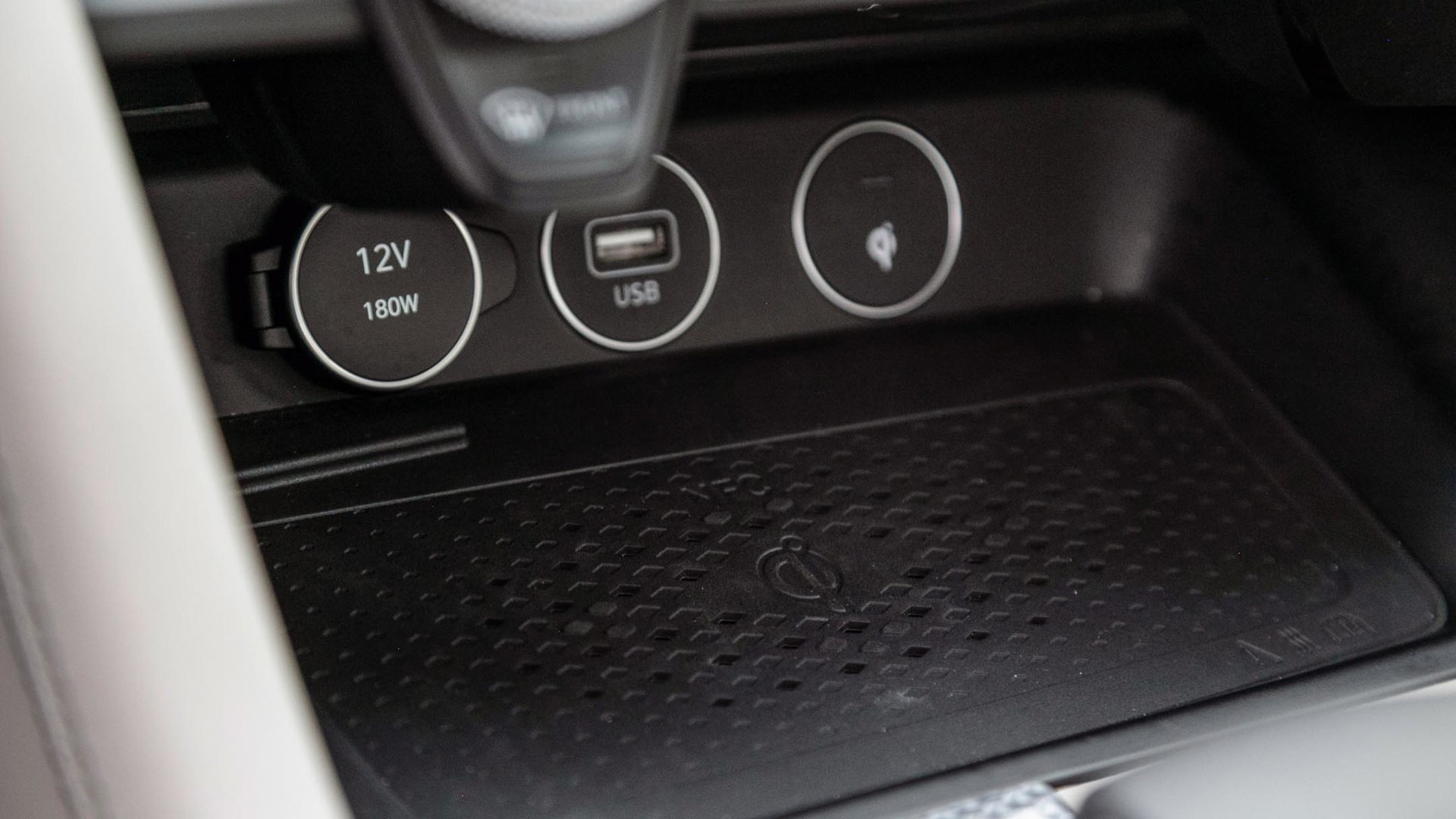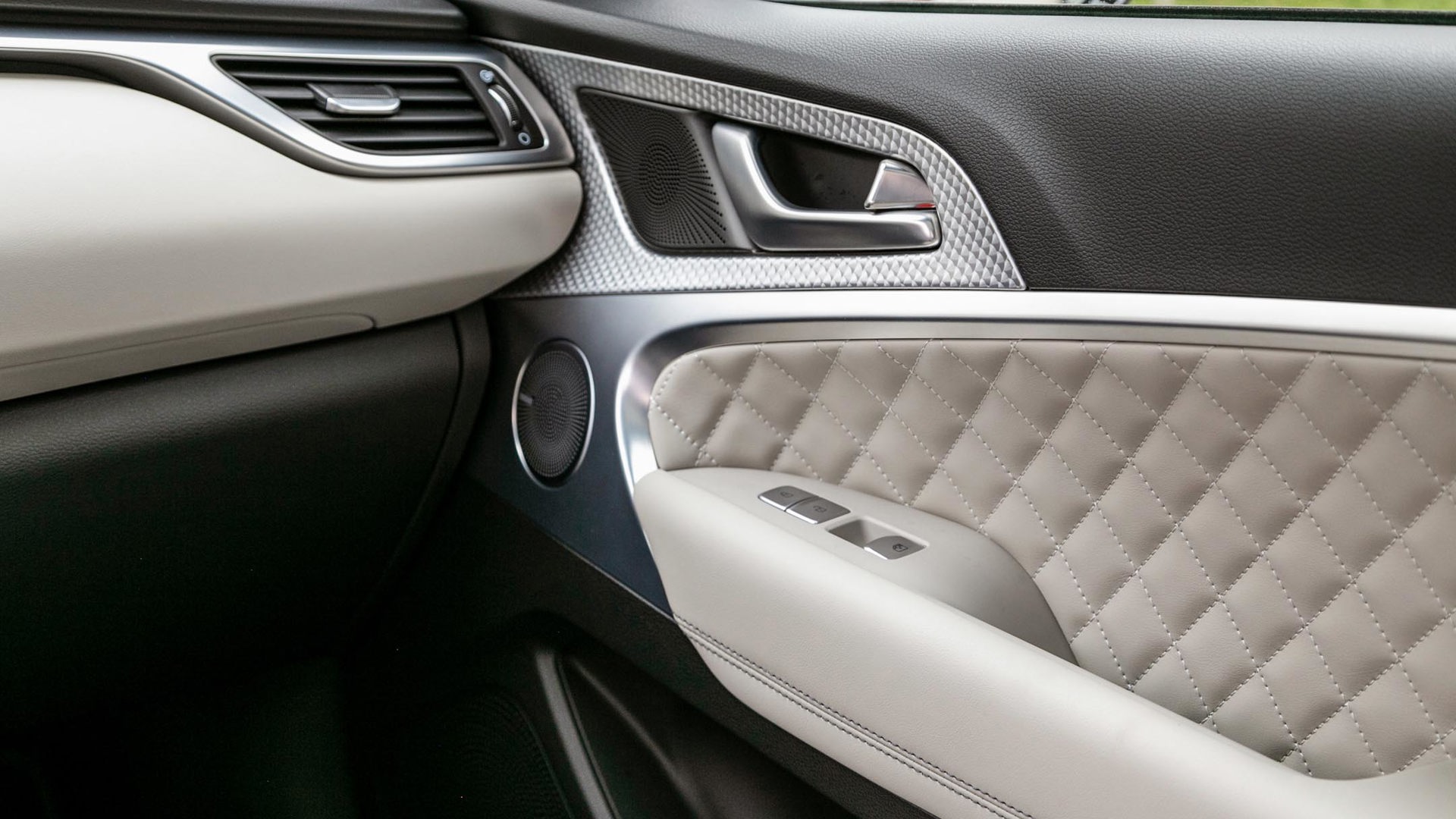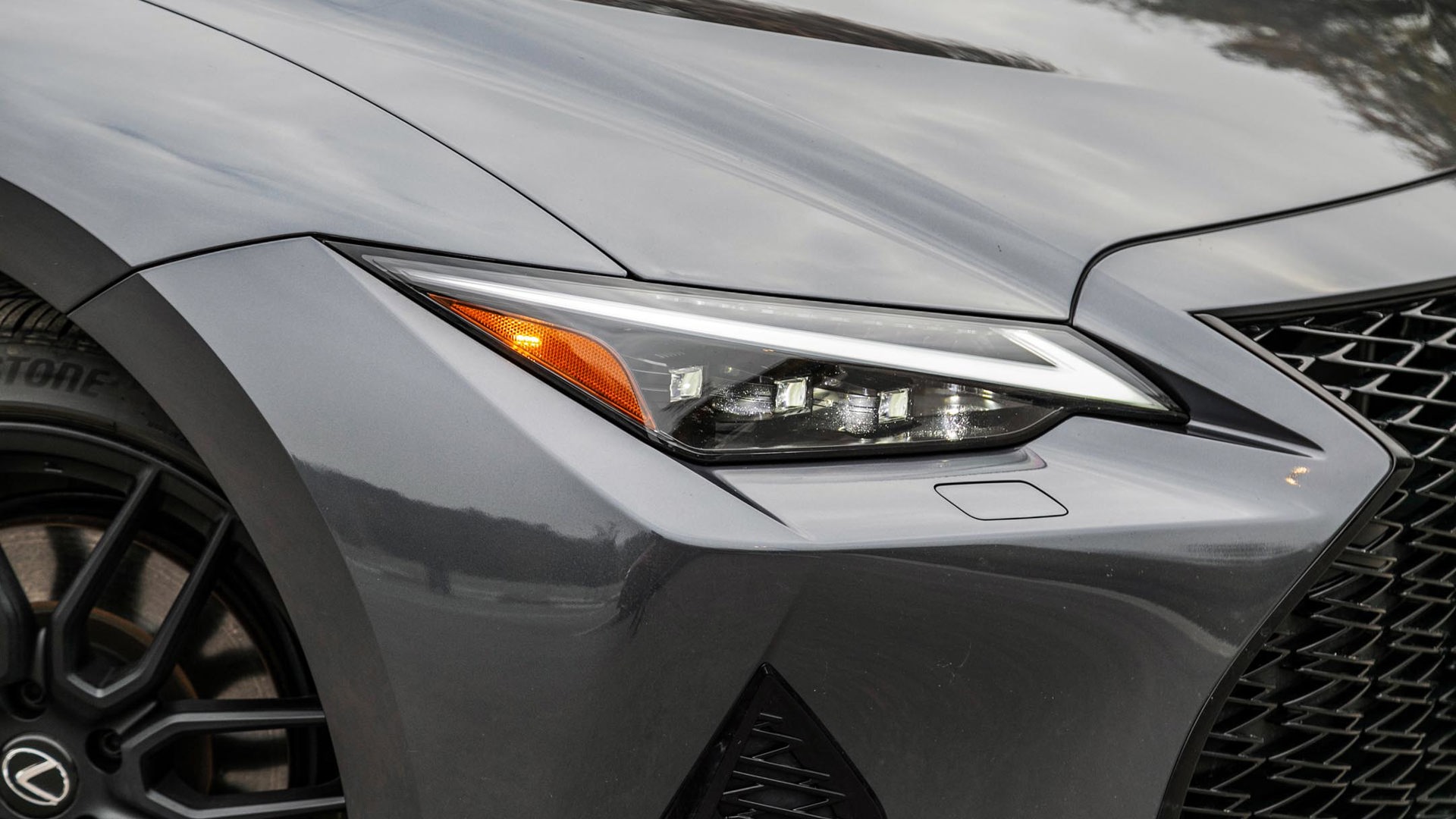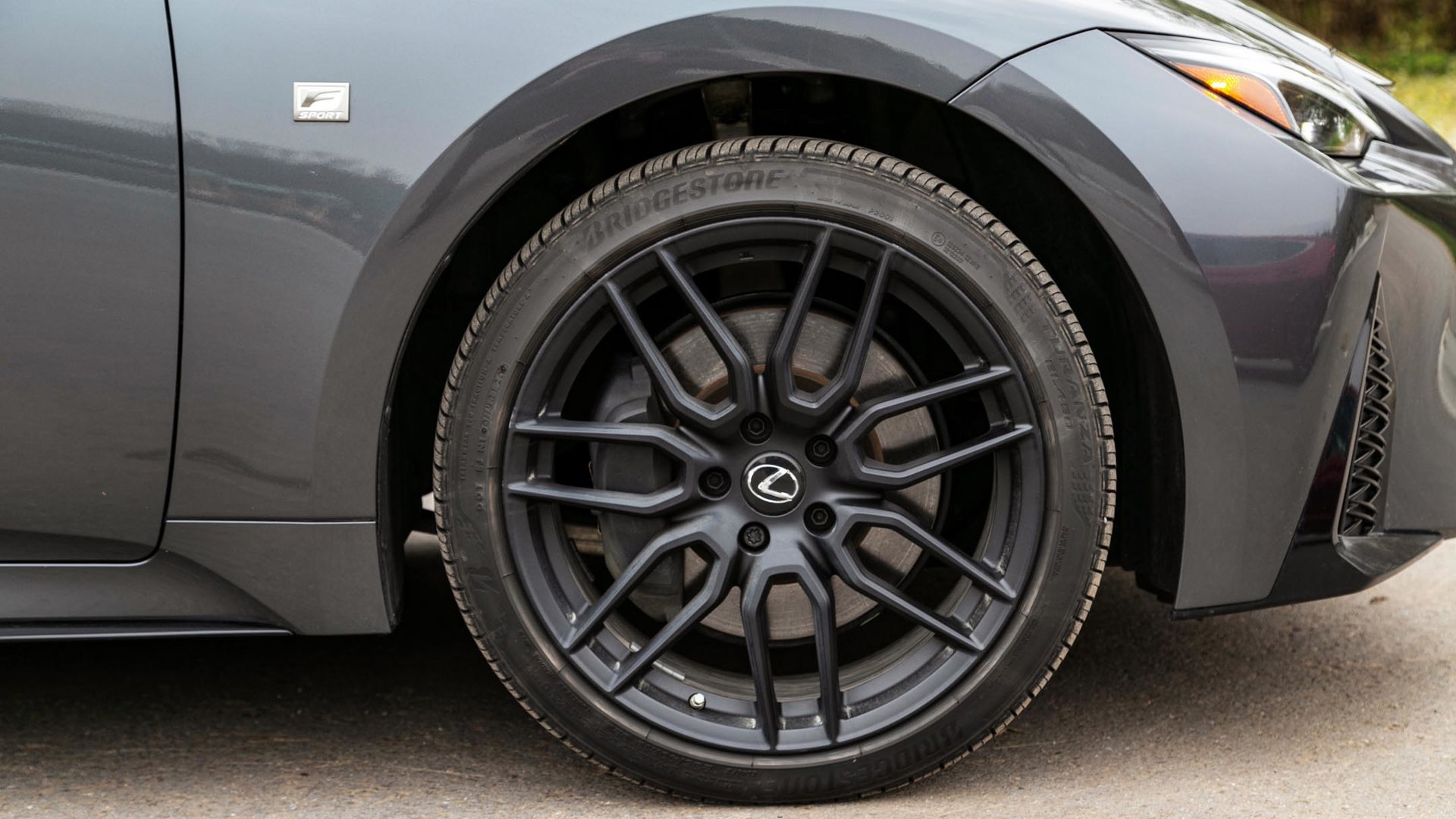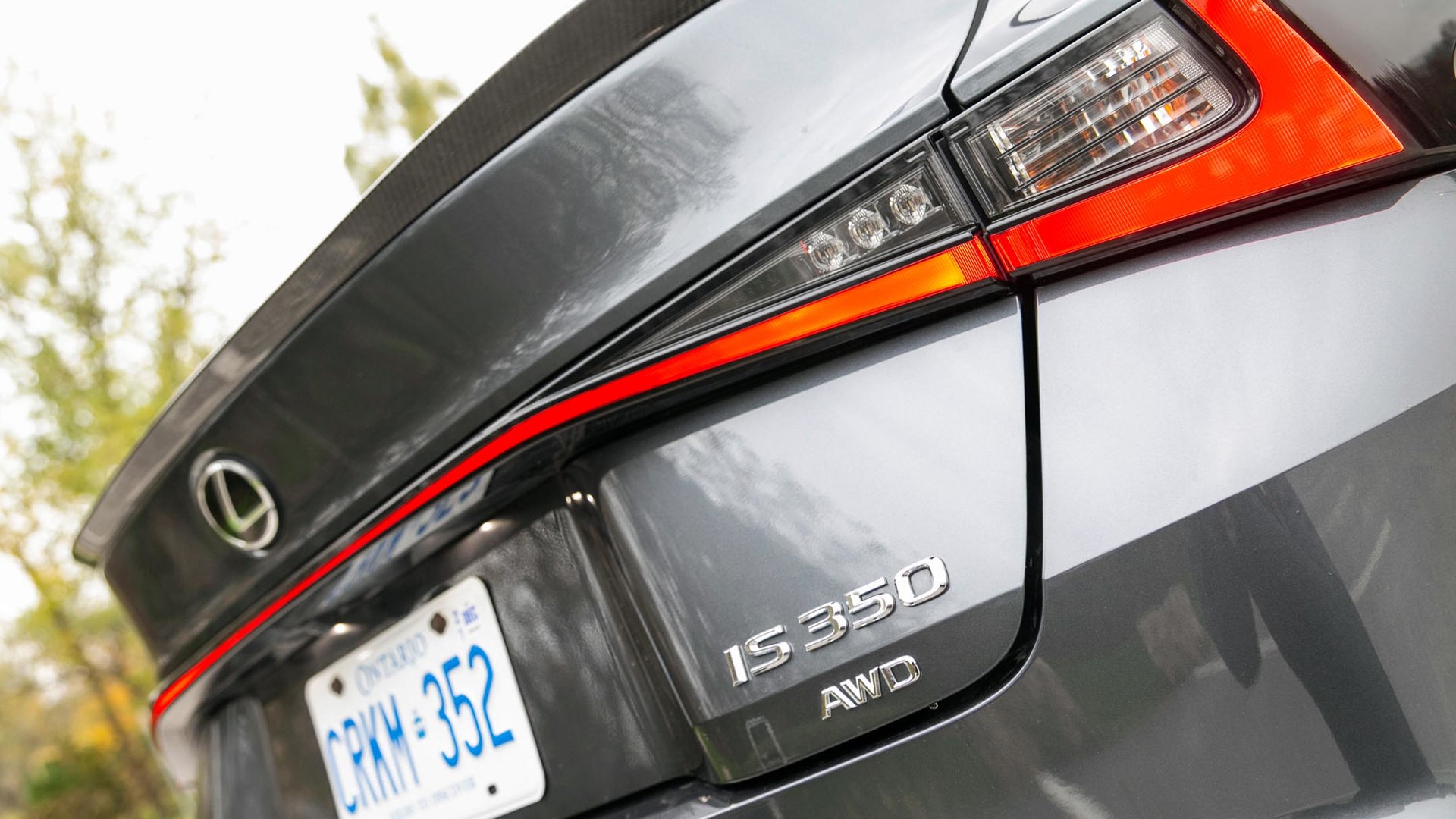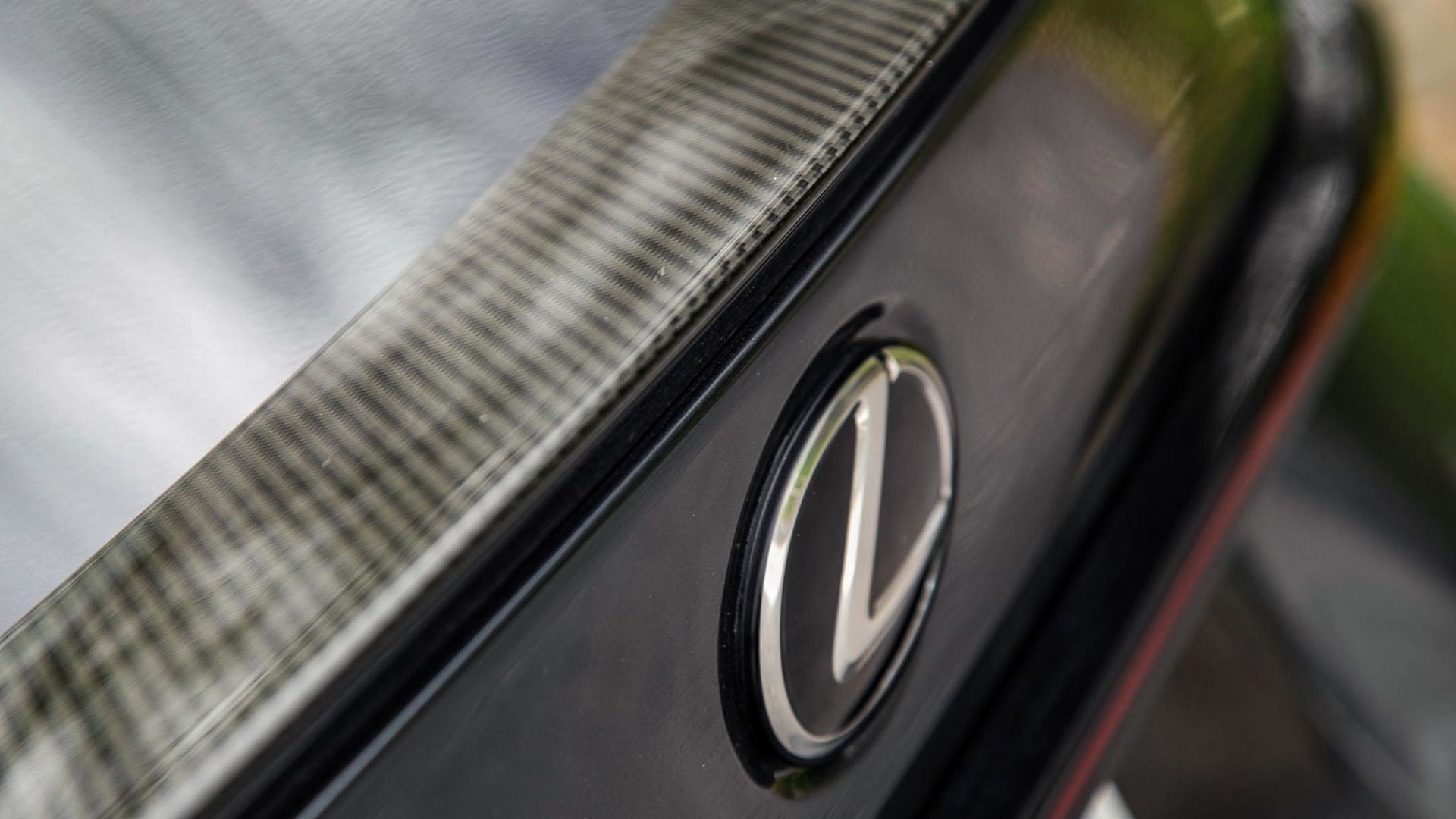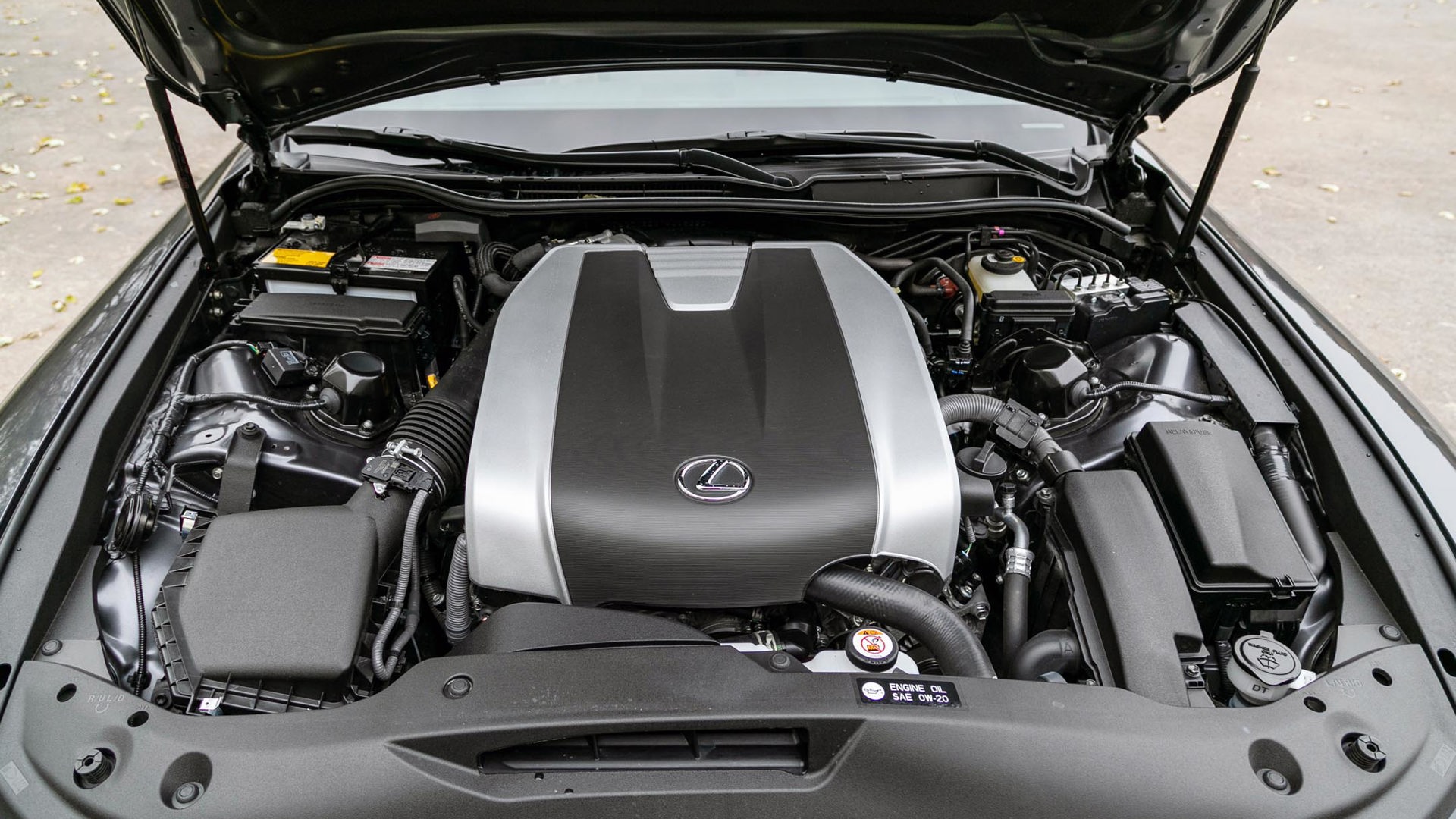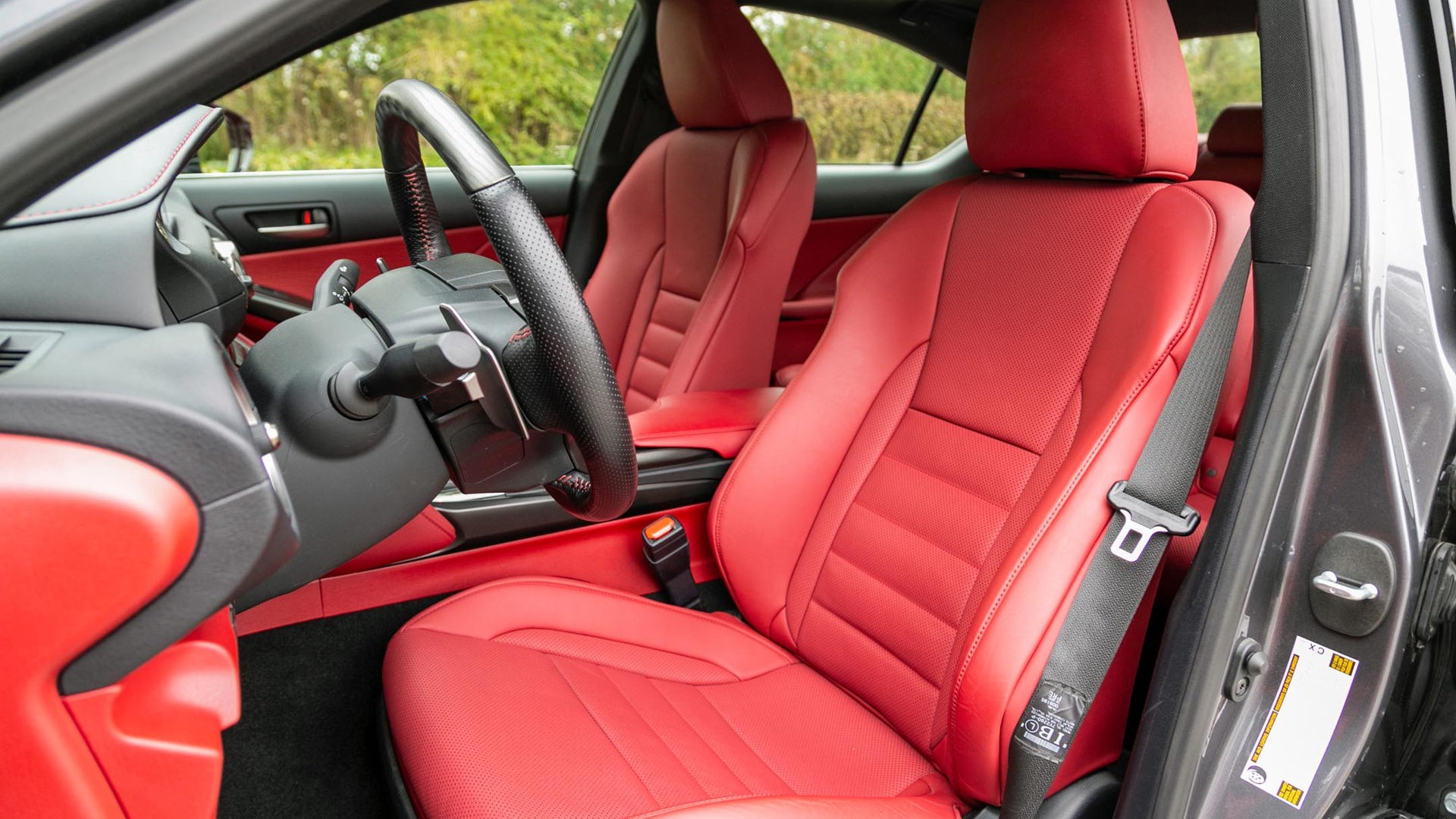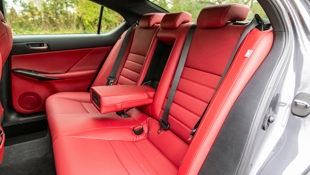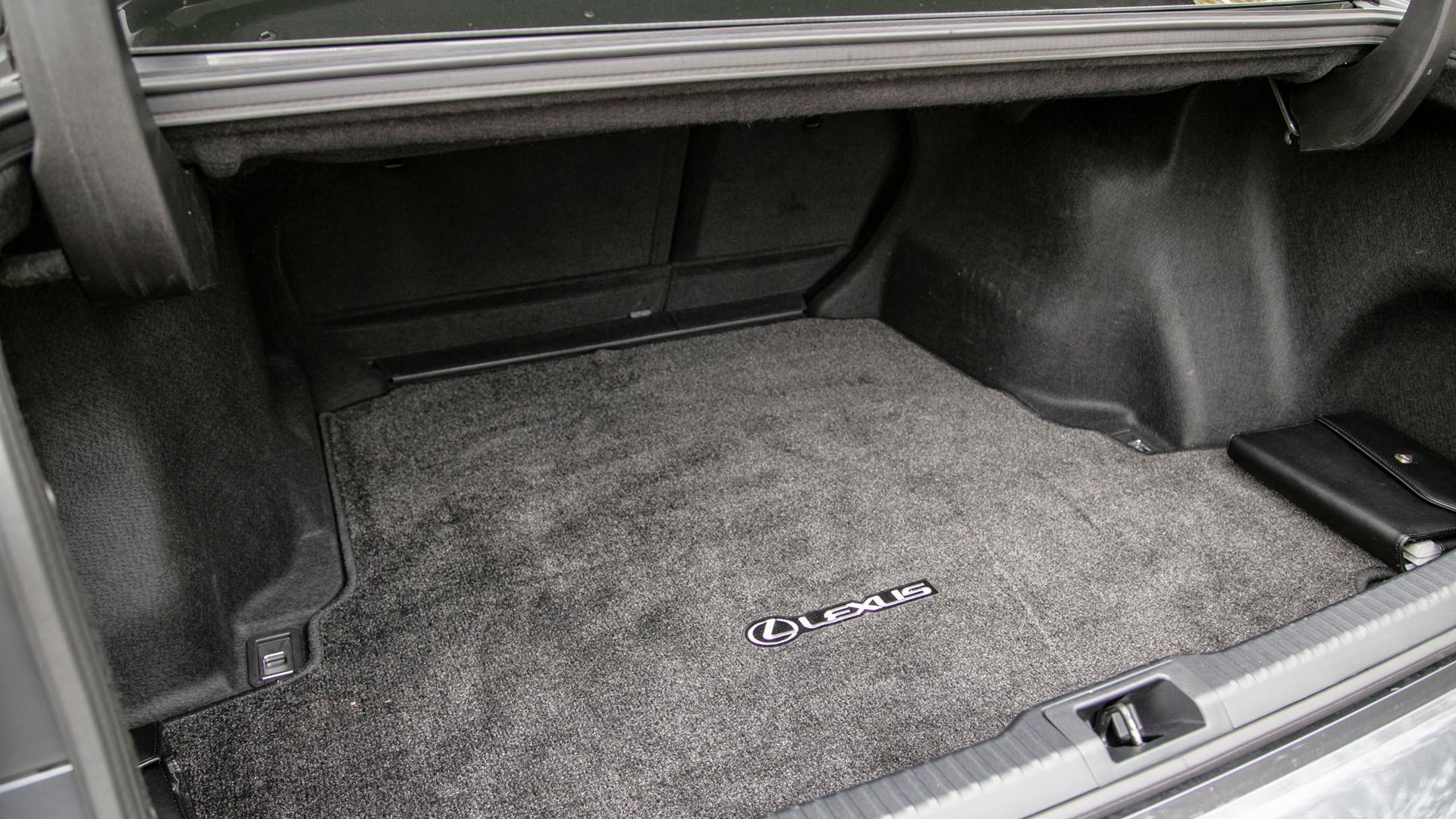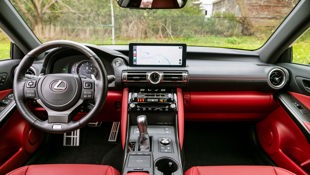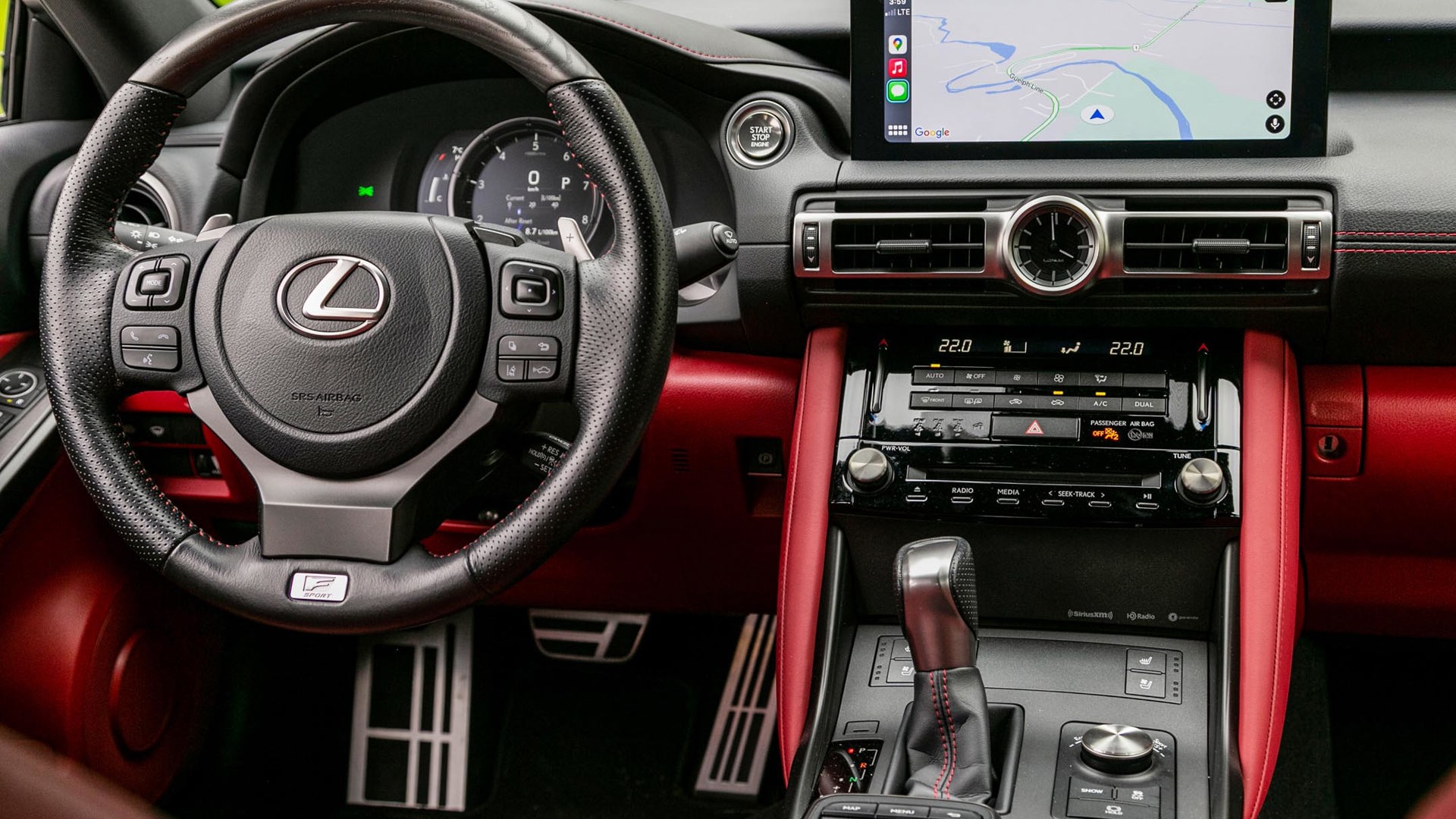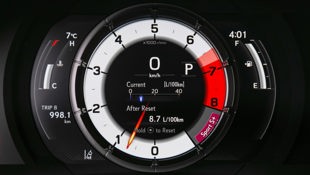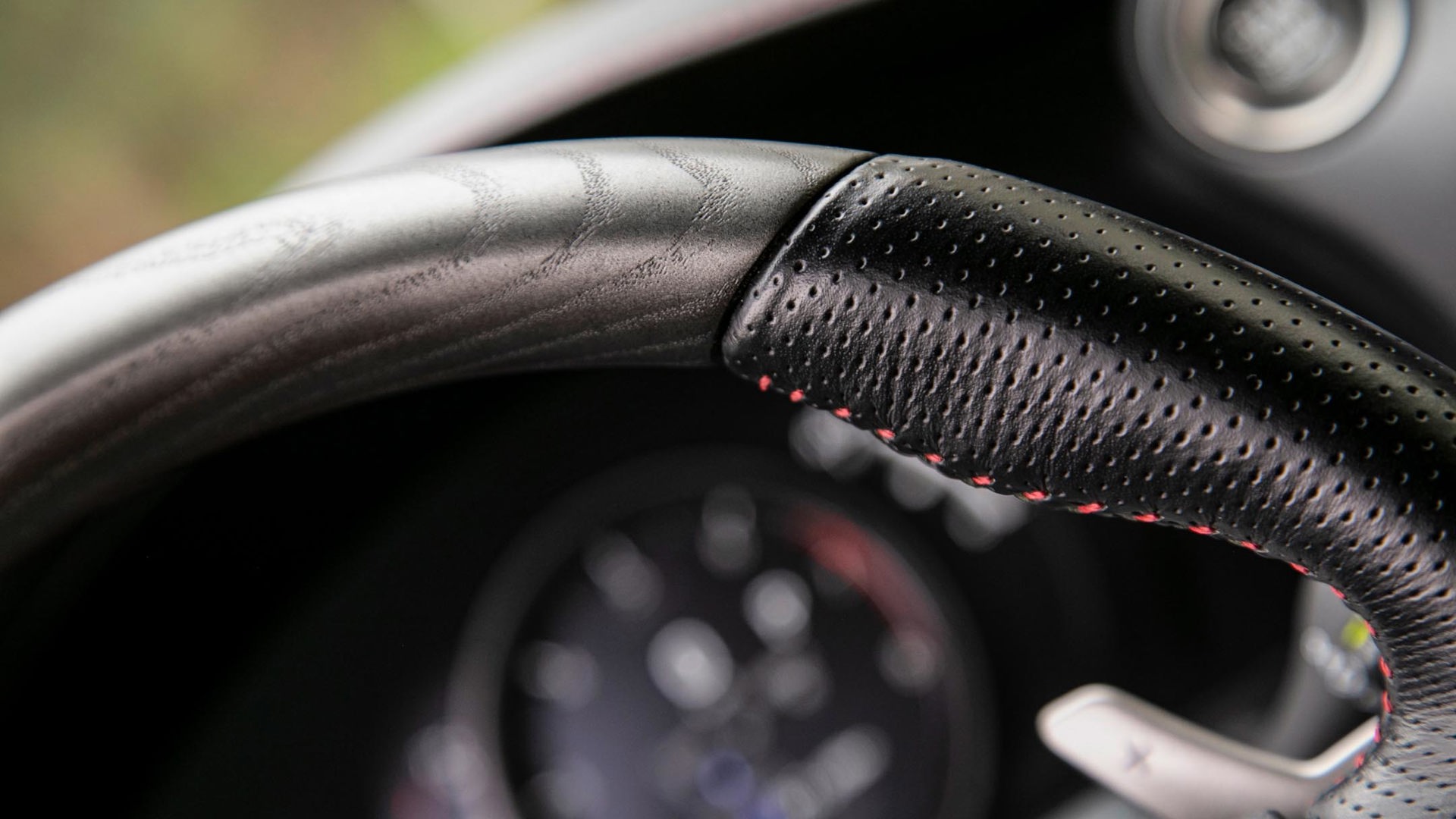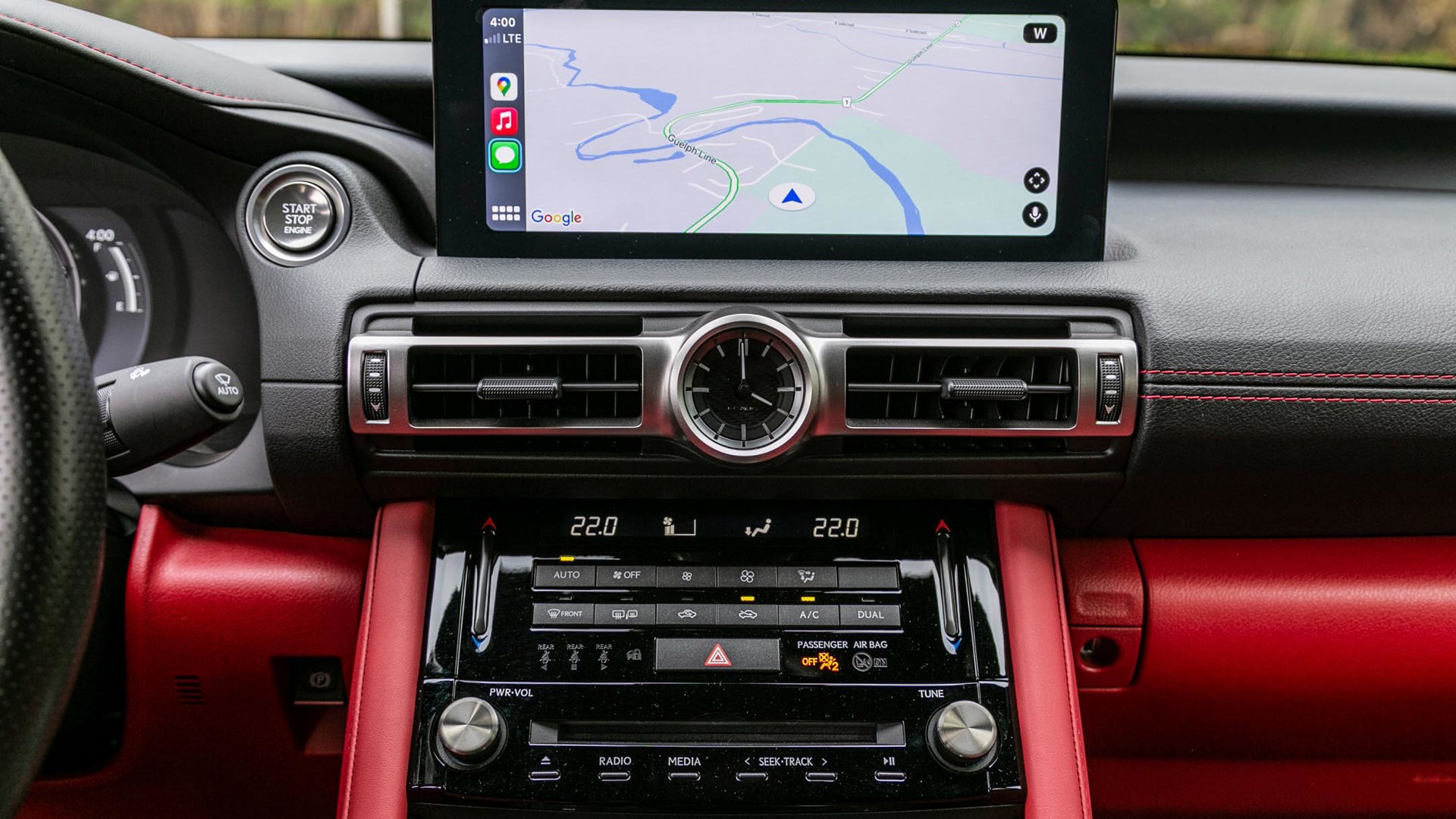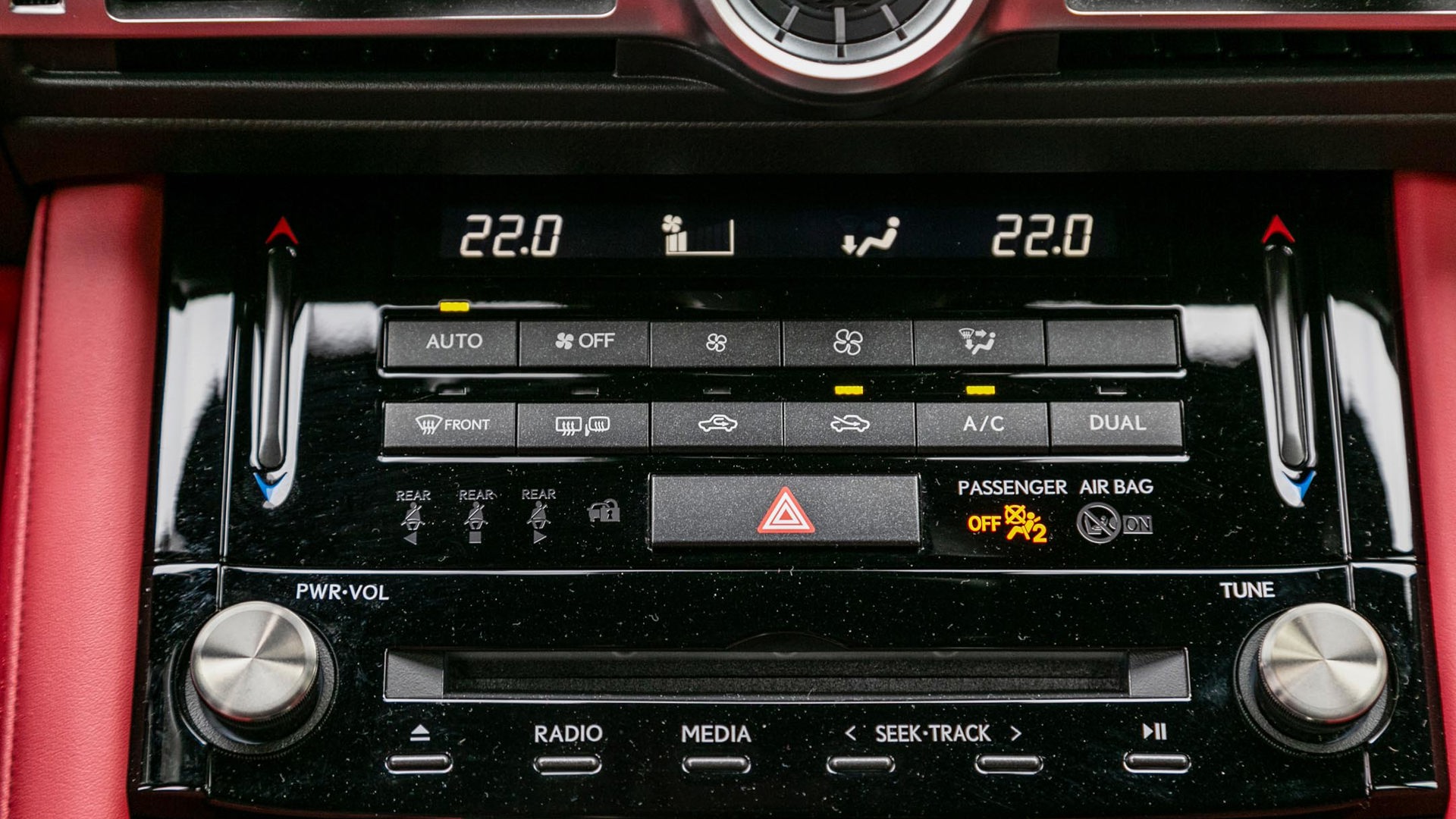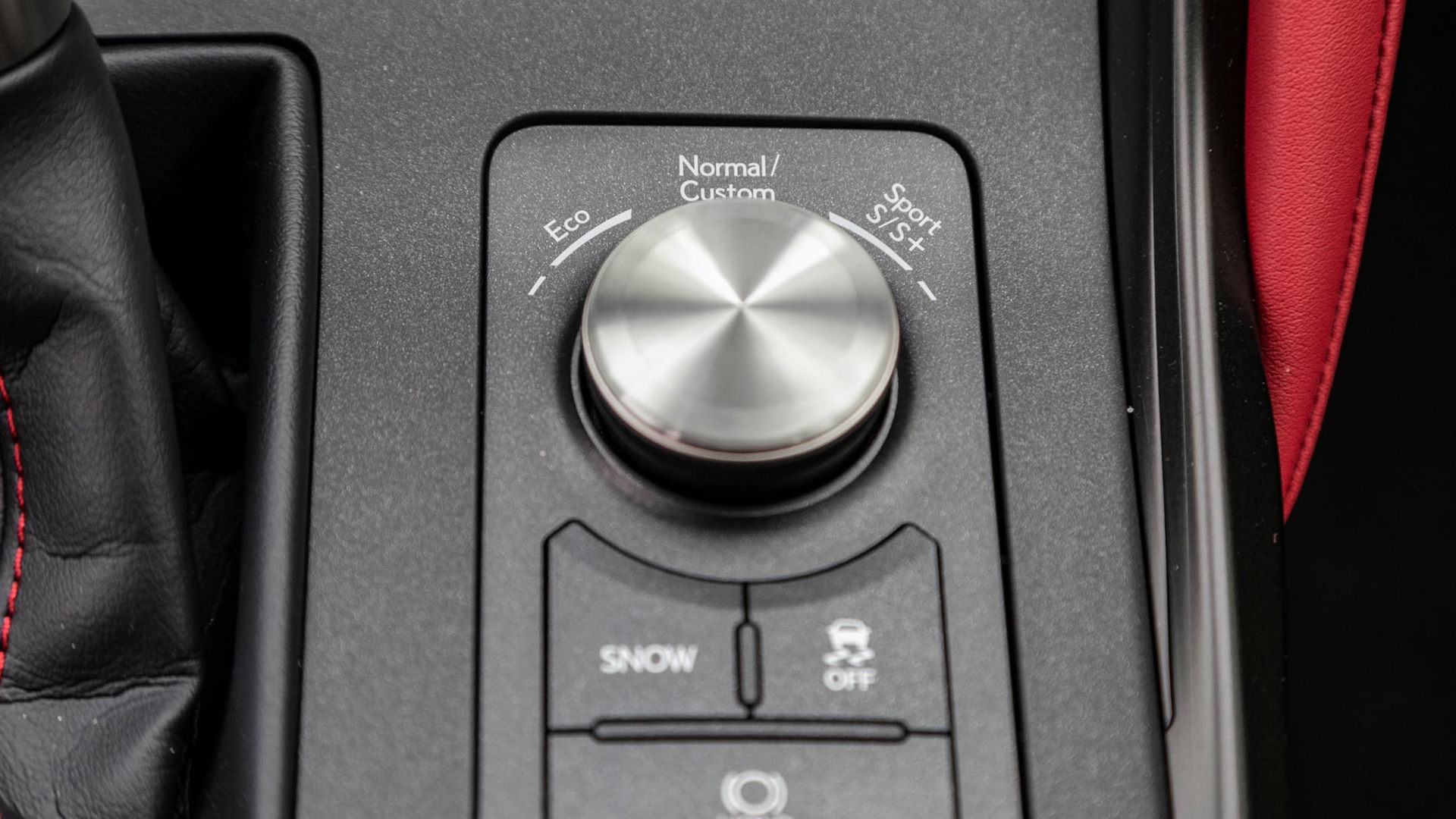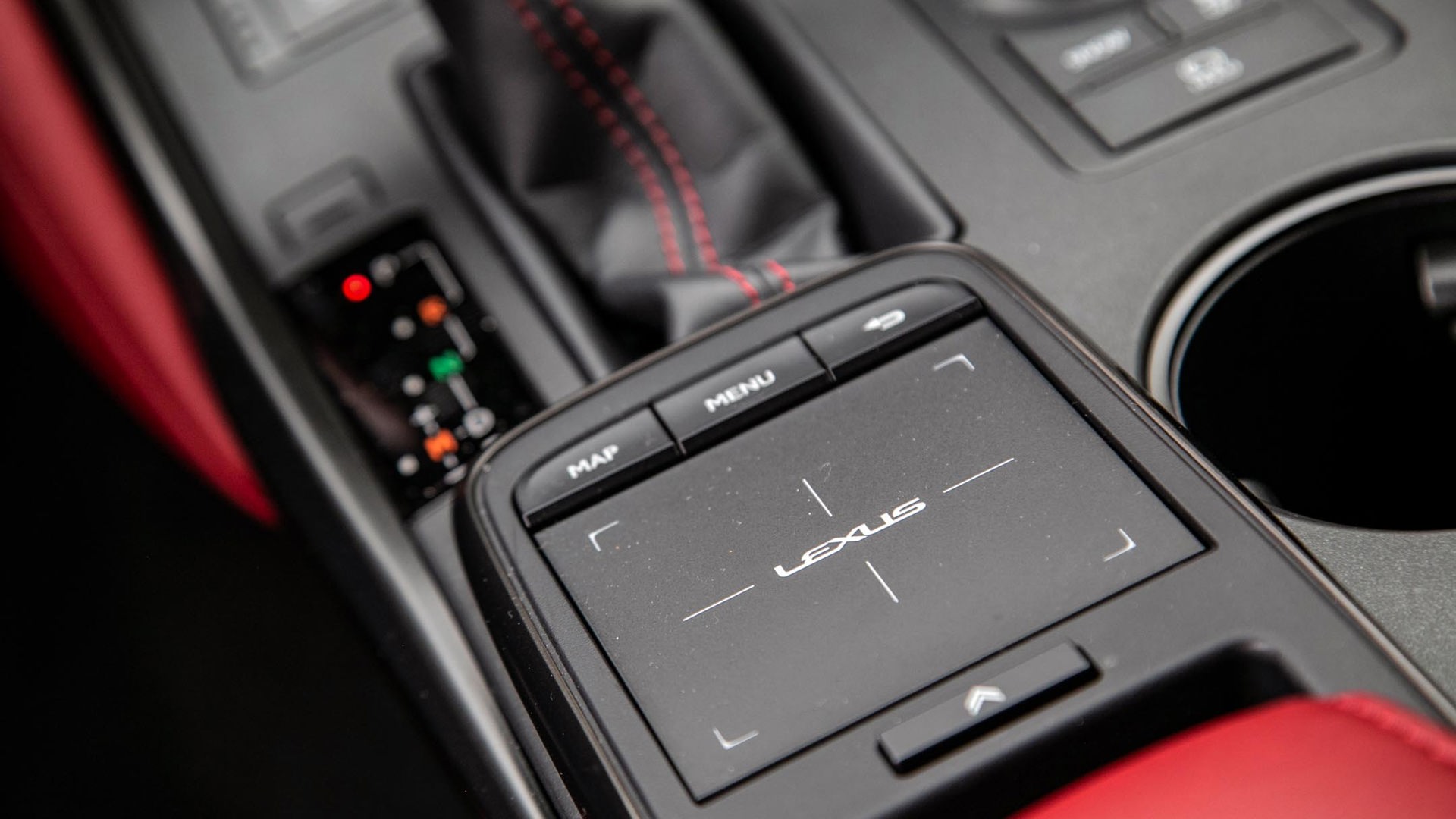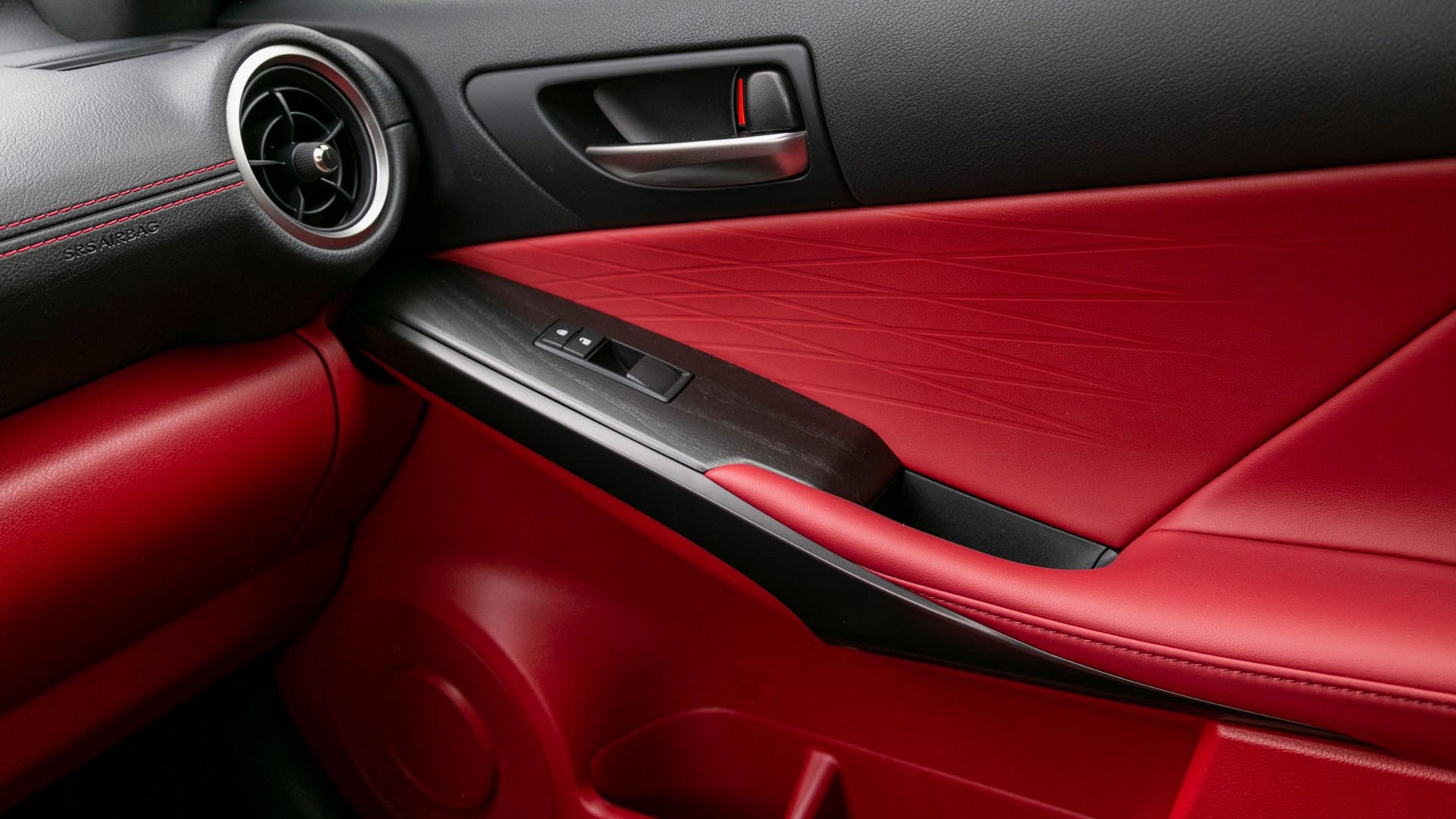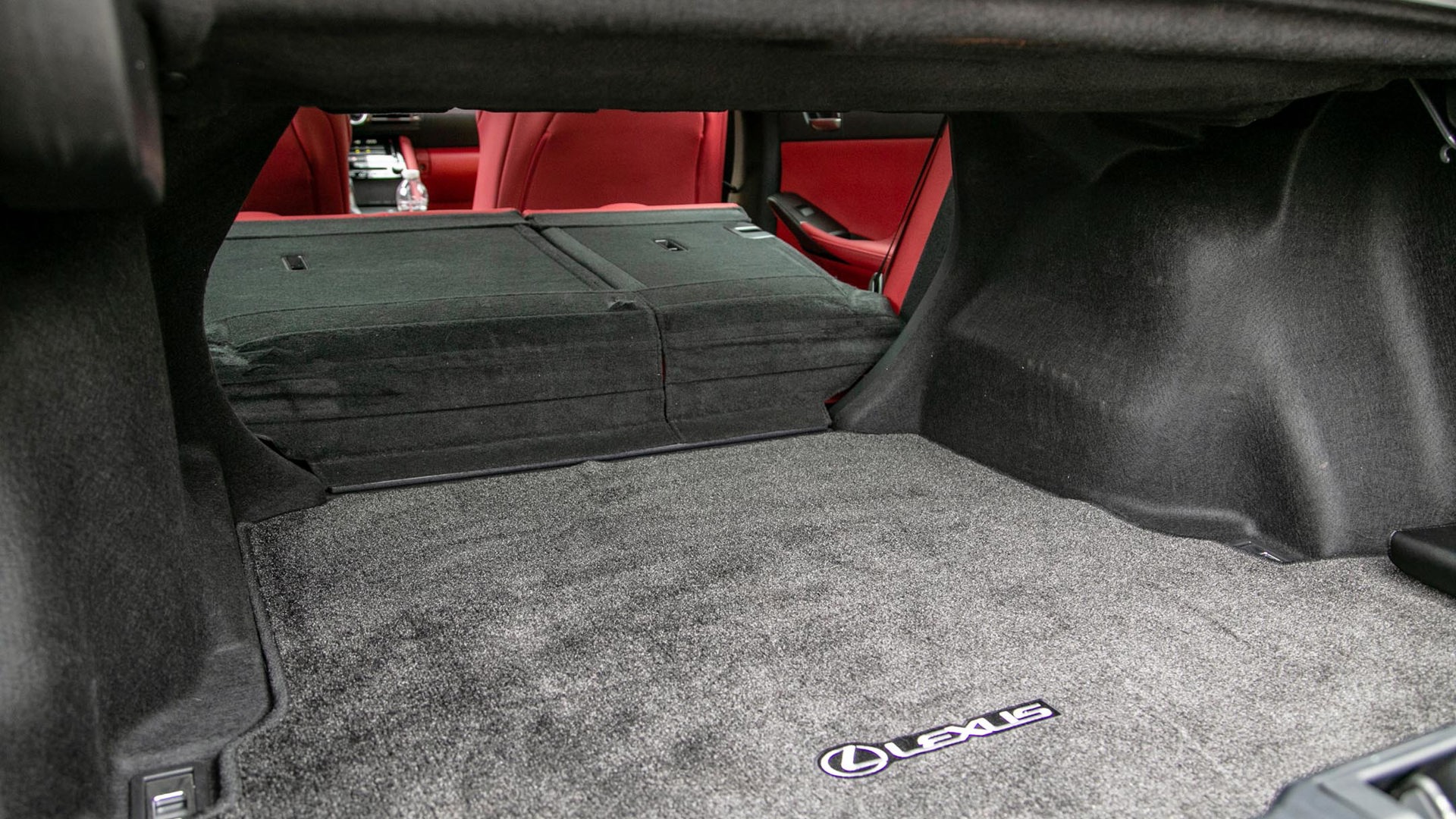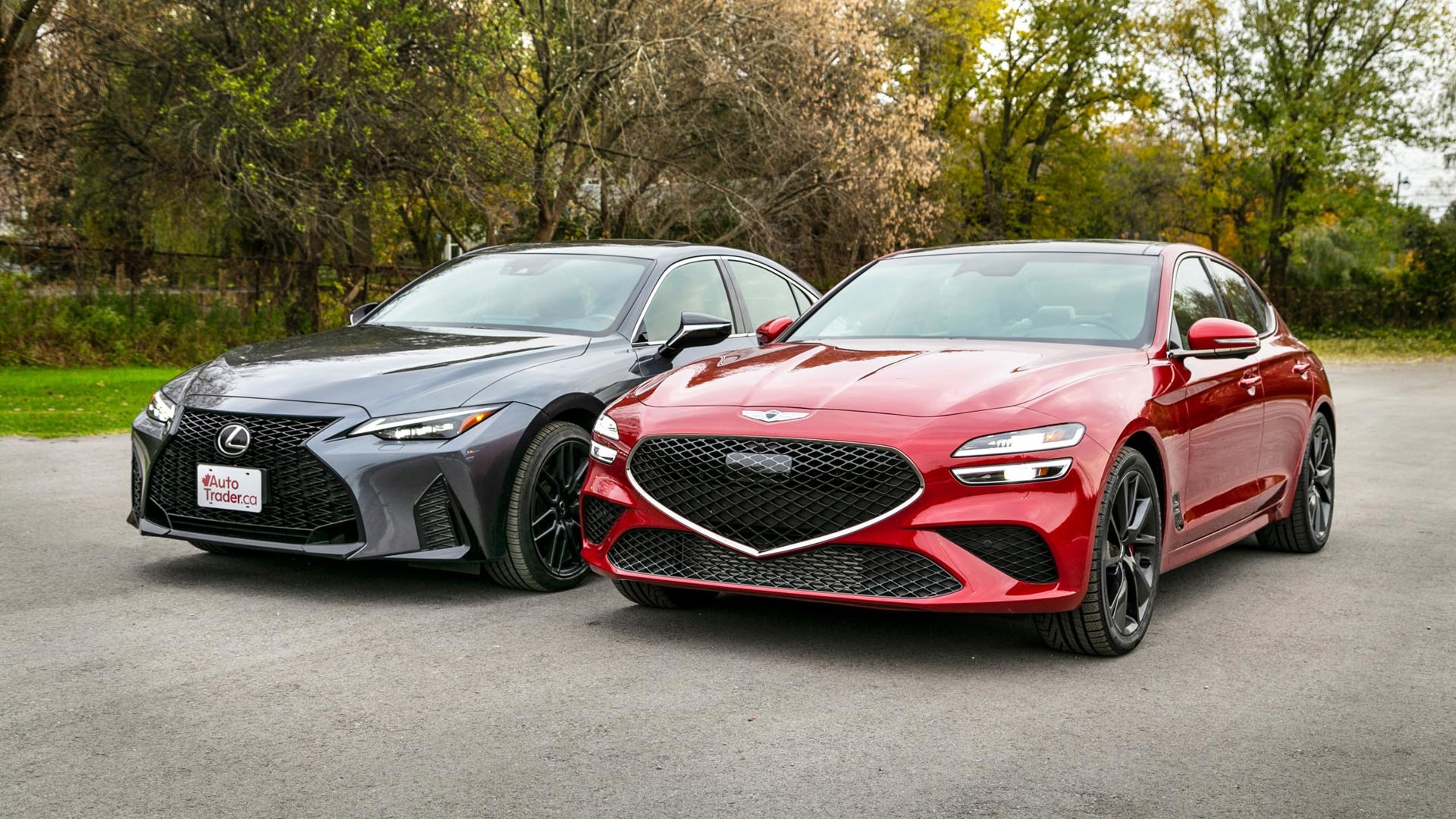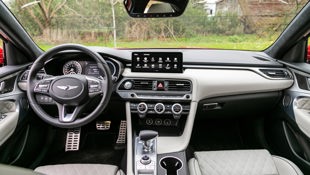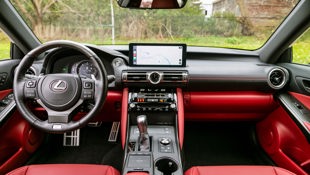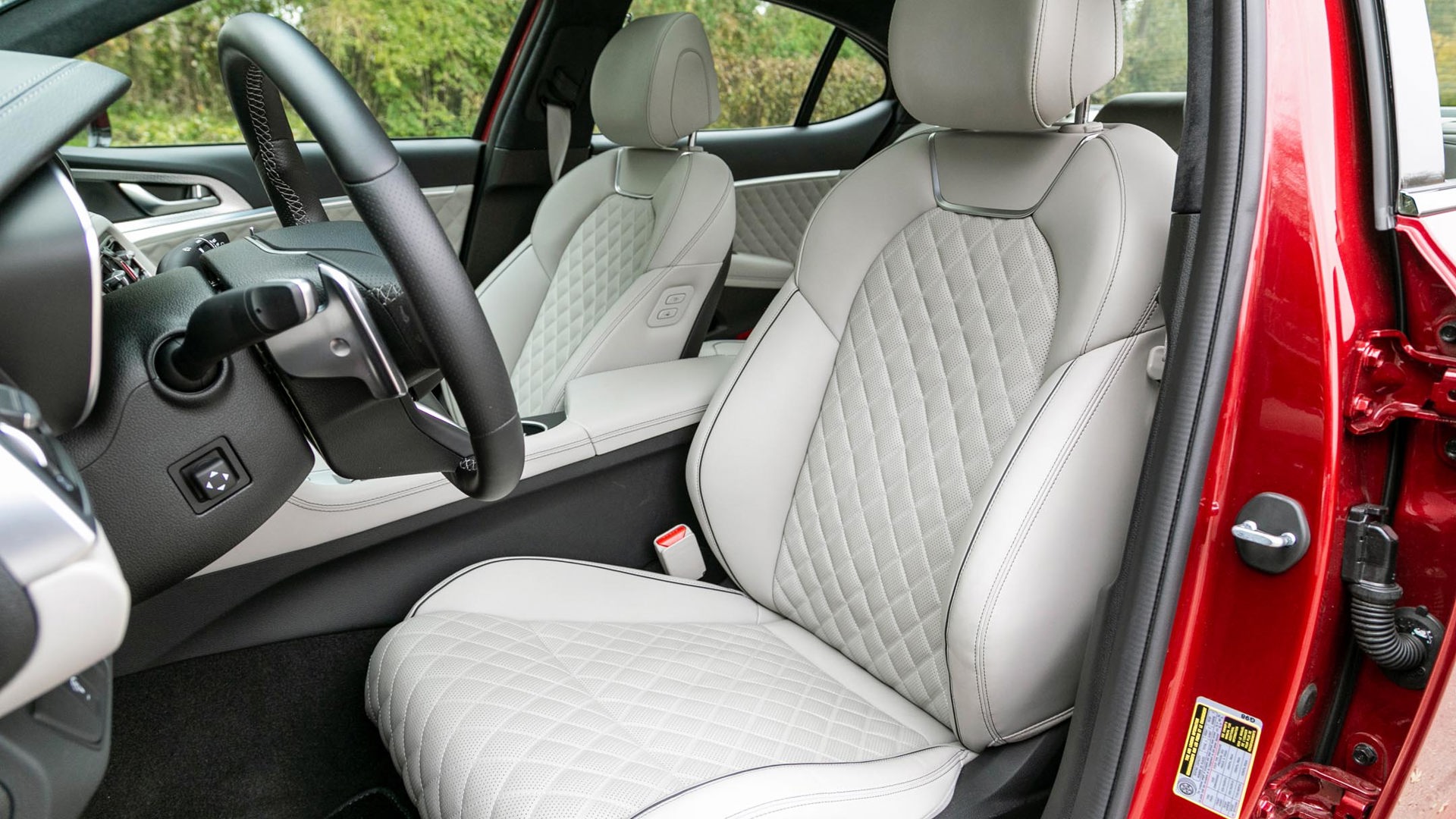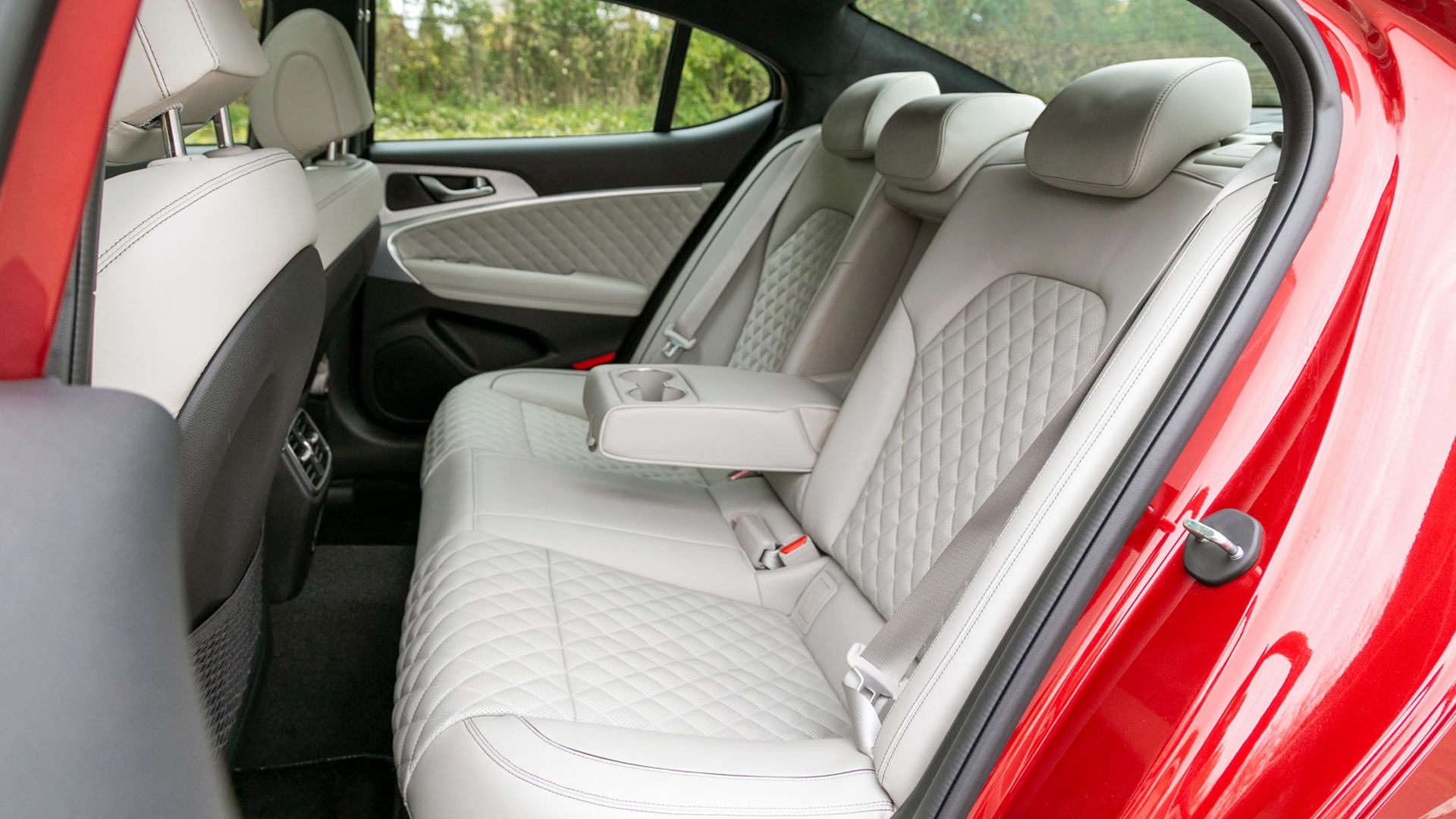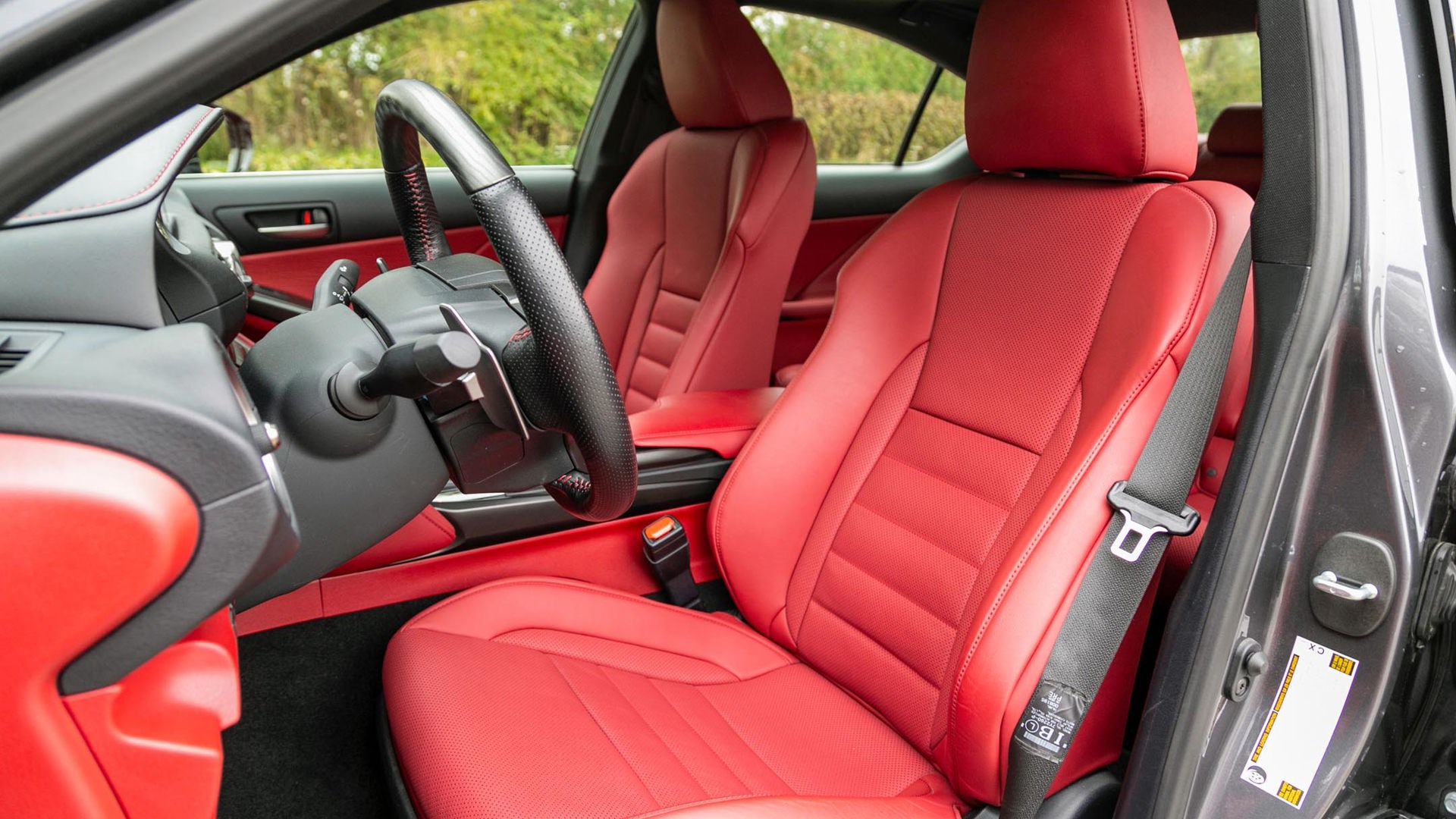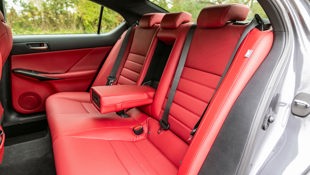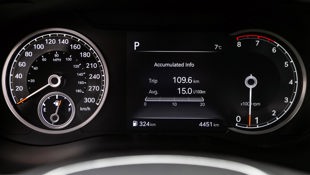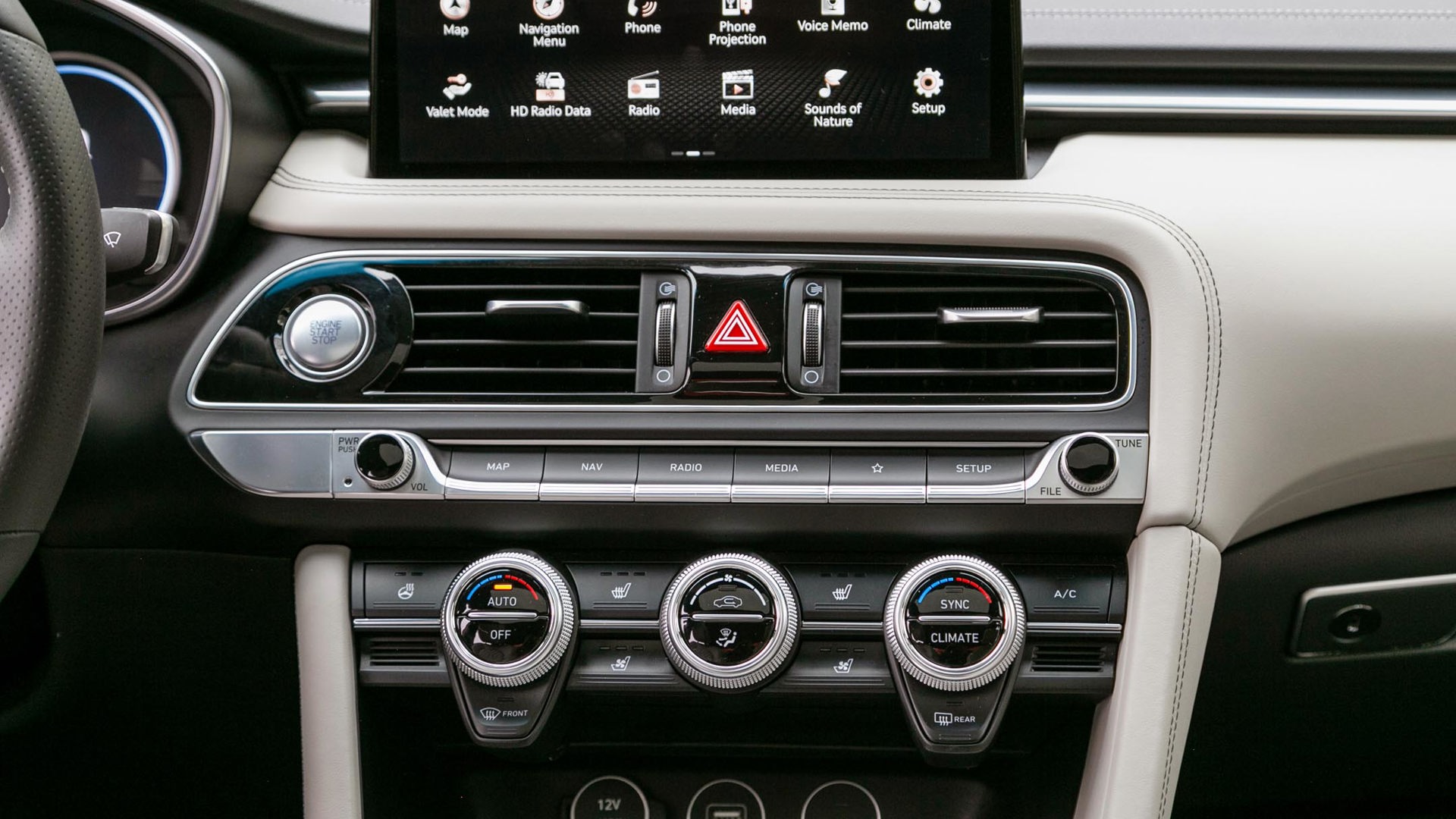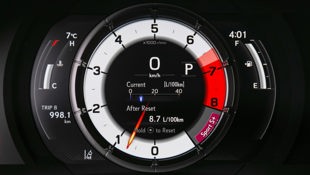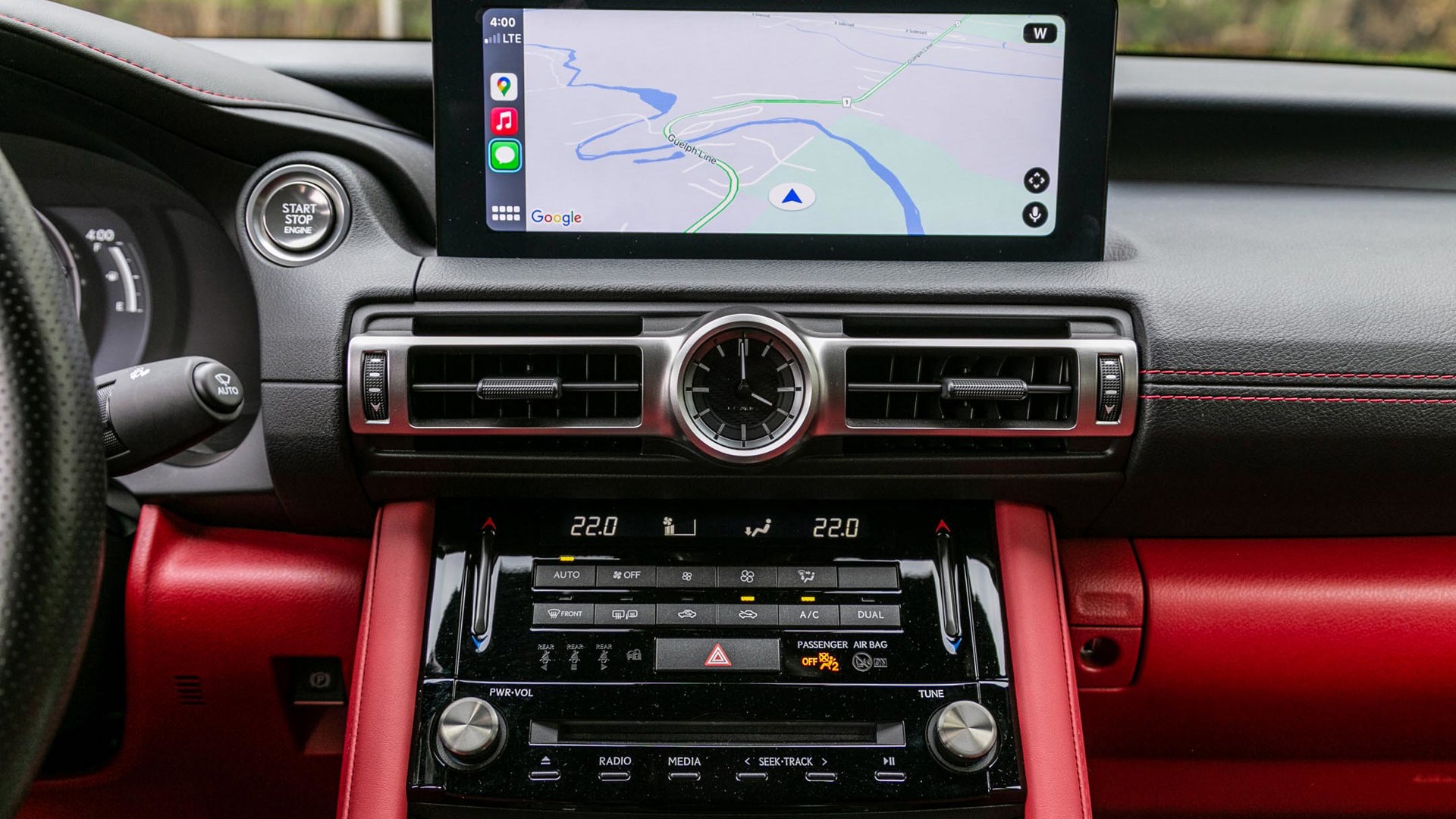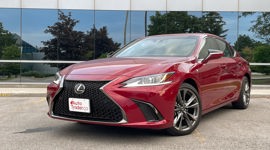Comparison Data
|
2022 Genesis G70 3.3T Sport
|
2021 Lexus IS 350 AWD
|
|---|---|
|
Engine Displacement
3.3L
|
3.5L
|
|
Engine Cylinders
Turbo V6
|
V6
|
|
Peak Horsepower
368 hp @ 6,000 rpm
|
311 hp @ 6,600 rpm
|
|
Peak Torque
376 lb-ft @ 1,300 rpm
|
280 lb-ft @ 4,800 rpm
|
|
Fuel Economy
13.5 / 9.1 / 11.5 L/100 km cty/hwy/cmb
|
12.2 / 9.0 / 10.8 L/100 km cty/hwy/cmb
|
|
Cargo Space
297 L
|
306 L
|
|
Base Price
$59,500
|
$53,300
|
|
A/C Tax
$100
|
$100
|
|
Destination Fee
Included
|
$2,095
|
|
Price as Tested
$59,600
|
$60,195
|
|
Optional Equipment
None
|
$4,700 – F Sport Series 3 Package, $4,700
|
There’s a certain group of car buyers that appreciates a car that can not only meet the daily needs of commuting, client lunches, and picking up the kids from school, but also infuses enough excitement into those tasks to warrant taking the long and winding road to get there.
If you’re reading this, maybe you’re among them. These machines must balance function, fashion, and fun in close to equal parts, and there are several wonderful choices in the segment. But if value, build quality, and expected long-term durability are high on the list, the two cars here may just be the best bet. Not the prettiest, the fastest, nor the fanciest, the 2022 Genesis G70 and 2021 Lexus IS may just be the two smartest small premium sedans on the market.
Styling
When parked side-by-side, the defining styling elements of these two are quite distinct. Although updated for 2021, the IS 350 still features a gaping maw up front, and hard slashes and sharp angles to the sheet metal and lighting. It’s a severe and jarring car that boasts a performance bent, punctuated by the carbon-fibre spoiler that tops a stack of no fewer than ten horizontal lines across its busy back end.
Refreshed for 2022, the Genesis G70 now wears the familial twin horizontal light treatment both front and rear, and although large, its grille area looks to cover only about half the area of the Lexus’s. Unfortunately, Genesis hasn’t found as graceful a way to hide its front-end safety sensors as its rivals, and the solid glossy square in the centre of the grille stands out in most light.
The rest of the G70’s design is more mature and fluid than the IS 350’s, prompting AutoTrader.ca Associate Editor Dustin Woods to go so far as to describe it as elegant. The finishes on both cars were exquisite, but the G70’s crimson paint catches sunlight in ways that make it almost glow.
Inside, the polarity continues. The Genesis is equal parts sensible and stylish, with its quilted (though impractical) white leather contrasted against dark plastics and some gorgeous turned-metal trim. Its dashboard features a large screen and a number of controls reminiscent of those in the compact Hyundai Elantra. This is as much praise for how nice Hyundai’s affordable cars have become as it is a criticism of Genesis’s parts-bin sharing.
The IS 350’s cockpit is more confining and driver-centric, but it also feels more special, thanks in no small part to the bold red-and-black contrasting motif of our test car, and the wood accents on the steering wheel. A testament to the original design, this interior has seen only minor changes since its introduction in 2014, yet it still looks good today.
Genesis G70: 8.5/10; Lexus IS: 8/10
Power
Lexus fits the 2021 IS 350 with essentially the same 3.5L V6 as it has for more than 15 years now. Like the incremental changes to its interior, this proven power plant has gained only five hp and three lb-ft of torque in the past decade-and-a-half, now tallying 311 hp and 280 lb-ft total. They’re respectable numbers, and in logging several hundred kilometres during the test week, the rev-happy normally aspirated V6 never made the IS 350 feel sluggish.
The trouble for Lexus is that the competition has gone to turbocharged engines, including Genesis with its 3.3L V6 that wears two of them. The net result is a sizzling 368 hp (with the adaptive exhaust system) and a torque advantage of nearly 100 lb-ft (376 lb-ft in total). What’s more, the twin turbos spin up that torque barely off-idle at 1,300 rpm and keep twisting it out to 4,500 rpm. The Lexus doesn’t generate its peak torque until 4,800 rpm, and when tested back-to-back, a driver needs to recalibrate one’s brain to manage the G70’s significantly greater thrust.
Whether pulling away from a stop, accelerating down an on-ramp, or squirting past traffic, the Genesis is in an entirely different performance league, and that’s with the drive mode set to normal. Twist the dial into sport and it gets downright silly, netting whoops of glee from the driver, and gasps of exhilaration (or is that terror?) from passengers. Power from the Genesis is immediate, immense, and addictive.
Of course, it’s also noteworthy that Lexus has once again shoehorned a V8 under the hood of this small sedan and called it the IS 500 – a car that generates some 472 hp and 395 lb-ft of torque and shuffles it all to the rear wheels. It may be an old-school approach to performance, but it’s undoubtedly exciting, not to mention a proper sport sedan.
Genesis G70: 8.5/10; Lexus IS: 7/10
Driving Feel
Since its inception, the G70 has been an adept handler, and in this Sport trim, it’s the pinnacle of the model line. Standard all-wheel drive, a well-sorted suspension, and even a mechanical limited-slip differential do a good job of putting down the prodigious power in optimal conditions, even when saddled with winter tires as our test car was. But it was on a particularly tight and twisting uphill climb with imperfect pavement that the Genesis struggled to manage its power, causing the traction control system to intervene forcefully.
While it may not boast as much output, the Lexus seemed to be more willing to play regardless of road surface. Even when faced with an unexpected gravel road, the IS 350 was happy to do a good impersonation of a rally car, playfully scrambling on the loose surface from corner to corner, its own all-wheel drive system never missing a beat. The IS 350’s steering was a pleasant surprise, too, offering good feedback and quick responses, helping to give the feel of an overall better-balanced package than the G70.
The IS 350 makes use of a six-speed automatic transmission, which is fine for reliability but doesn’t help the torque-deficient engine stay in its sweet spot, nor does it help efficiency. However, like the G70’s eight-speed automatic, the Lexus’s shifts are smooth and swift when demanded by the paddle shifters.
Both cars have decent brakes with ample stopping power, however, we’d have liked more bite from both cars’ brakes – although both cars had been used at a multi-day media testing event that included time on the track, so we’re willing to cut them a bit of slack.
Genesis G70: 8/10; Lexus IS: 8.5/10
Comfort
The ride quality of each of these machines is impressive given their handling capabilities, especially considering their 19-inch wheels with thin rubber. Wind and road noises are decently subdued, but the Lexus has a solidity to it that’s evident whether slamming a door or tapping knuckles on any interior panel, suggesting it will never squeak or rattle.
Neither of these cars is overly spacious, with rear-seat legroom being a particularly precious commodity in the Lexus. Rear headroom is comparably tight in both, and while there are seatbelts for three across in both, it wouldn’t be polite to subject people to squeezing back there.
Both cars offer heated and ventilated front seats, but the seating positions between the two are quite different. In the Lexus, front occupants sit down in the car, enveloped by the dashboard and centre console, and snug within seats that offer both suppleness and support. By contrast, it feels like you sit on the Genesis seats, with a taller, more open sensation to the cockpit.
Genesis G70: 8/10; Lexus IS: 8.5/10
User Friendliness
The relative simplicity of the Genesis control layout makes for a quick learning period despite the considerable amount of technology available. The 10.25-inch touchscreen is bright with crisp graphics, and can be displayed in a split-screen format – a welcome addition for those of us who are chronic channel surfers but don’t want to lose our map directions while doing so. Simple knobs make climate and audio controls a cinch, and the infotainment system’s menus are easily deciphered, even while driving.
Genesis provides a head-up display in most G70 trims, though curiously, the revised gauge cluster this year incorporates an analogue speedometer and fuel gauge on the left side, with the tachometer on the right meant to digitally mimic an analogue one. It’s an odd decision when other Genesis models have slick full-digital gauge clusters these days.
Lexus has struggled with infotainment systems in recent years, first by resisting to incorporate popular smartphone integration software; then by insisting on a universally panned, mouse-like device, later replaced by a touchpad that’s not much better. Finally, for 2021 Lexus made the IS’s 10.3-inch display a touchscreen affair and the world seems a better place for it. The touchpad is still present, but it can be ignored for most operations – especially when using Apple CarPlay or Android Auto.
Ideally, Lexus could use the space dominated by the touchpad for a wireless phone charger, like the one found in the Genesis; but alas, for now the IS goes without. Neither car can accommodate wireless Android Auto or Apple CarPlay connectivity anyway.
The IS 350’s digital instrument panel features a dominant tachometer wrapped around a digital speedometer readout, and a few configurable screens of information. Its simplicity means only necessary information is presented, but it’s always right where a driver needs it.
Dustin would prefer the darkened panels flanking the display to provide more information rather than needing a driver to cycle through different screens to see their preferred info. We both agreed that the Lexus’s old-school gear selector that moves through a series of notches is preferable to the less intuitive toggle-knob-and-button in the G70.
Genesis G70: 8/10; Lexus IS: 8/10
Features
Both cars offer niceties that include a heated steering wheel, sunroof, onboard navigation, and automatic climate control. When fitted with the F Sport 3 package as the test car was, the 17-speaker sound system in the Lexus is replaced with a basic 10-speaker system. While it still sounds great, it falls short of the 15-speaker system in the G70 Sport. Both offer their respective brand’s suite of connected services that enable users to start, stop, lock, or unlock their cars remotely, as well as access various concierge-like services.
Genesis G70: 9/10; Lexus IS: 8/10
Safety
The Lexus IS 350 and Genesis G70 are champions of safety, each earning the Top Safety Pick+ rating from the Insurance Institute for Highway Safety (IIHS); plus the United States National Highway Traffic Safety Administration (NHTSA) gives the Lexus a full five-star rating. The G70 has yet to be evaluated at the time of this writing.
Both cars offer a comprehensive list of active safety features that help mitigate frontal, rear, and lane-change collisions.
Genesis G70: 10/10; Lexus IS: 10/10
Fuel Economy
Following a journey from Hamilton to Ottawa and back, the Lexus showed an impressive consumption rate of 7.9 L/100 km that notably exceeded its official highway figure of 9.0 L/100 km. The Lexus is rated for 12.2 L/100 km in the city and a combined average of 10.8.
When Dustin showed up for our photo shoot, the G70 showed an average of 12.9 L/100 km – a figure that speaks to the amount of heavy-footed fun he was having earlier in the week. Rated at 13.5 L/100 km in the city, 9.1 on the highway, and 11.5 combined, the turbo motor consumes more fuel, but you’ve got to pay to play, as the saying goes. Both cars have a taste for premium fuel.
After resetting before doing our test loop that included a mix of driving scenarios (and no shortage of bursts of hard acceleration), the two sedans were within 0.1 L/100 km of each other at more than 12.0 L/100 km, suggesting the Lexus needed to work harder to keep up with the powerful Genesis.
Genesis G70: 6/10; Lexus IS: 6.5/10
Practicality
With seating for five (in a pinch), all-wheel drive, plus enough features to keep occupants happy, these cars can be reasonable year-round daily-drivers, offering decent practicality with impressive performance. But the rear seats aren’t overly spacious and cargo space is limited, especially compared to the respective SUVs from each of these manufacturers. The G70’s 297-L trunk capacity is slightly smaller than the IS’s modest 306 L. Both cars offer split-folding rear seats.
Genesis G70: 7/10; Lexus IS: 7/10
Value
While the $60,000 price points of these two is far more than the average Canadian car purchase price, the Lexus IS 350 and Genesis G70 are priced significantly less than comparably equipped six-cylinder models from BMW and Mercedes-Benz. Both offer decent value for the well-equipped and well-engineered sedans they are, and even more so when their premium purchase experiences and presumed long-term durability are factored in. The G70’s lustier engine and a few more features for a slightly lower cost give it a minor advantage here.
Genesis G70: 7.5/10; Lexus IS: 7/10
The Verdict
Lexus has spent several years fine-tuning the IS 350 through a slow, evolutionary process that’s resulted in the well-polished and surprisingly nimble car that it is today. Even more surprising is how aggressively Lexus has priced the 2021 IS 350, making it a better value relative to its European counterparts, and resulting in a much closer comparison with the G70 than expected.
The Genesis G70 was already a formidable machine, but the styling and infotainment updates to the 2022 model make it even more impressive. Factor in the greater feature count and wildly powerful engine, and the Genesis is simply the more compelling choice.
